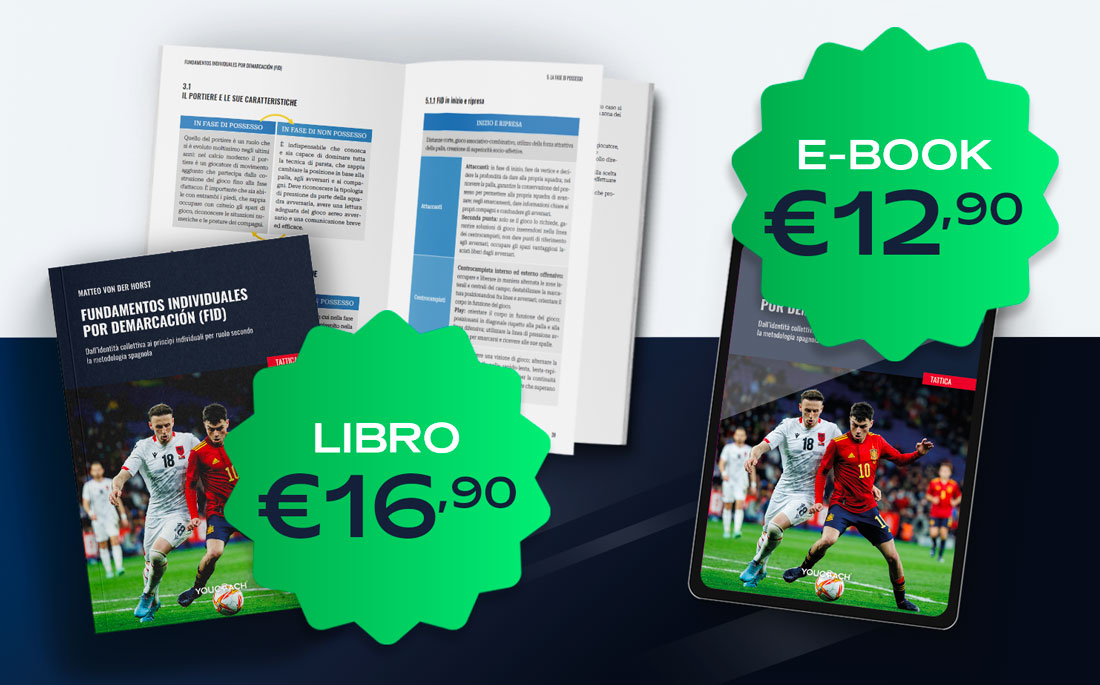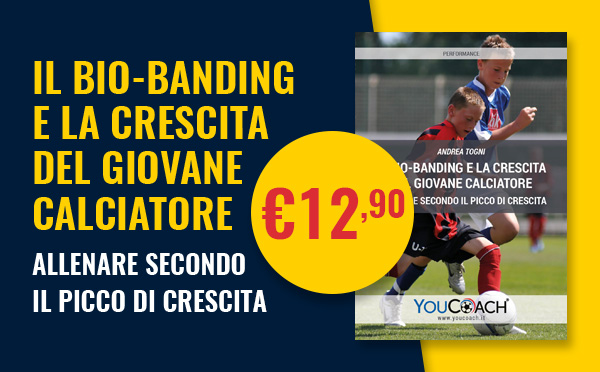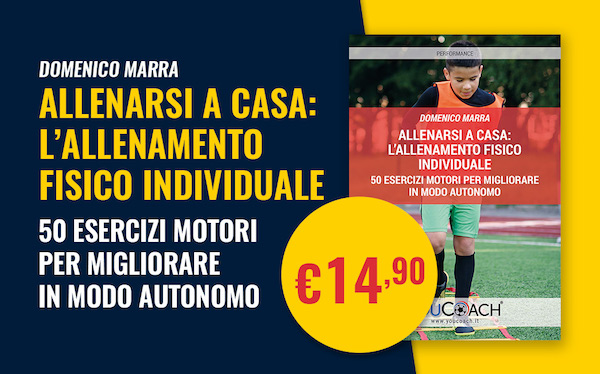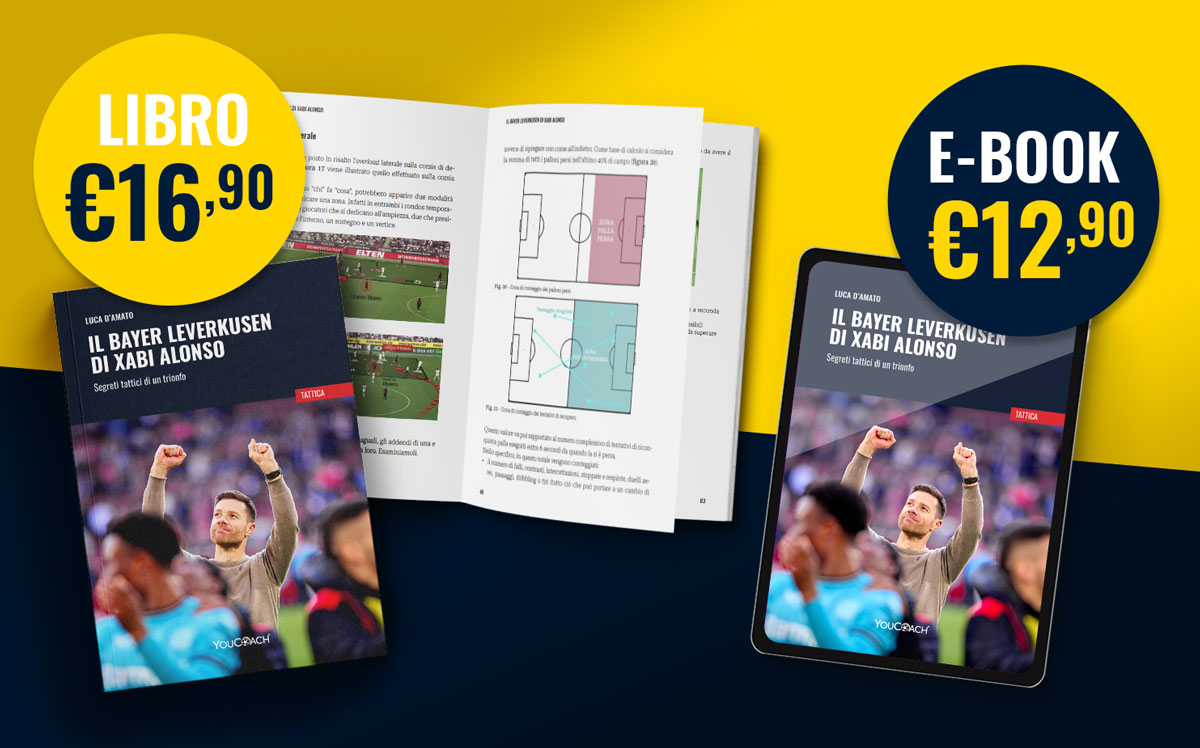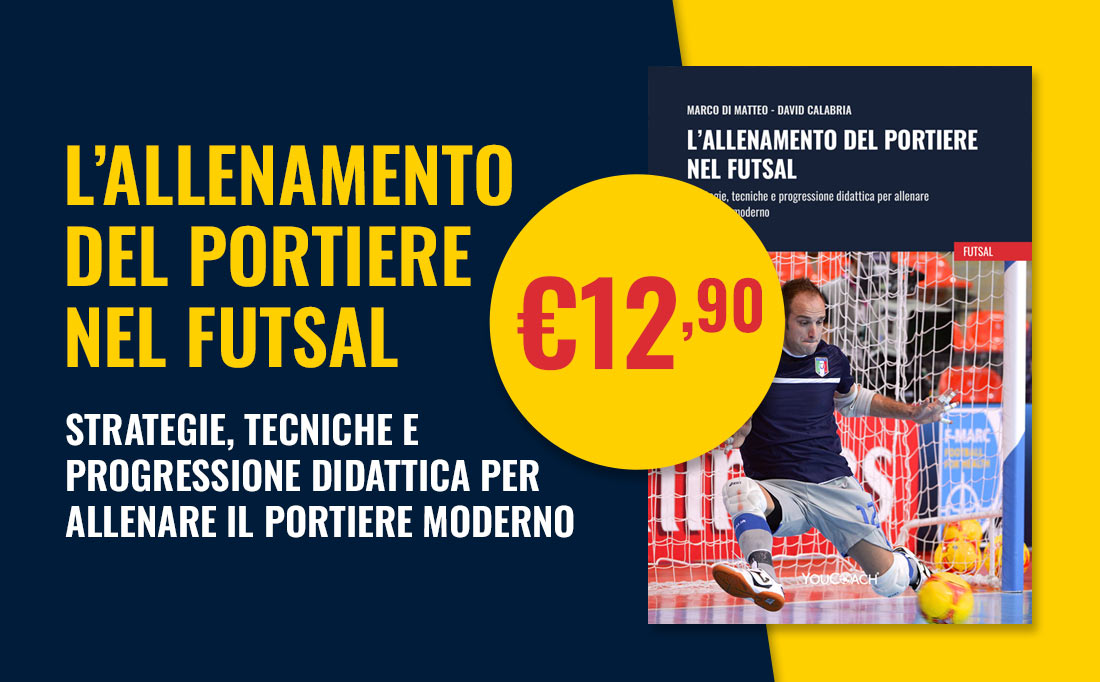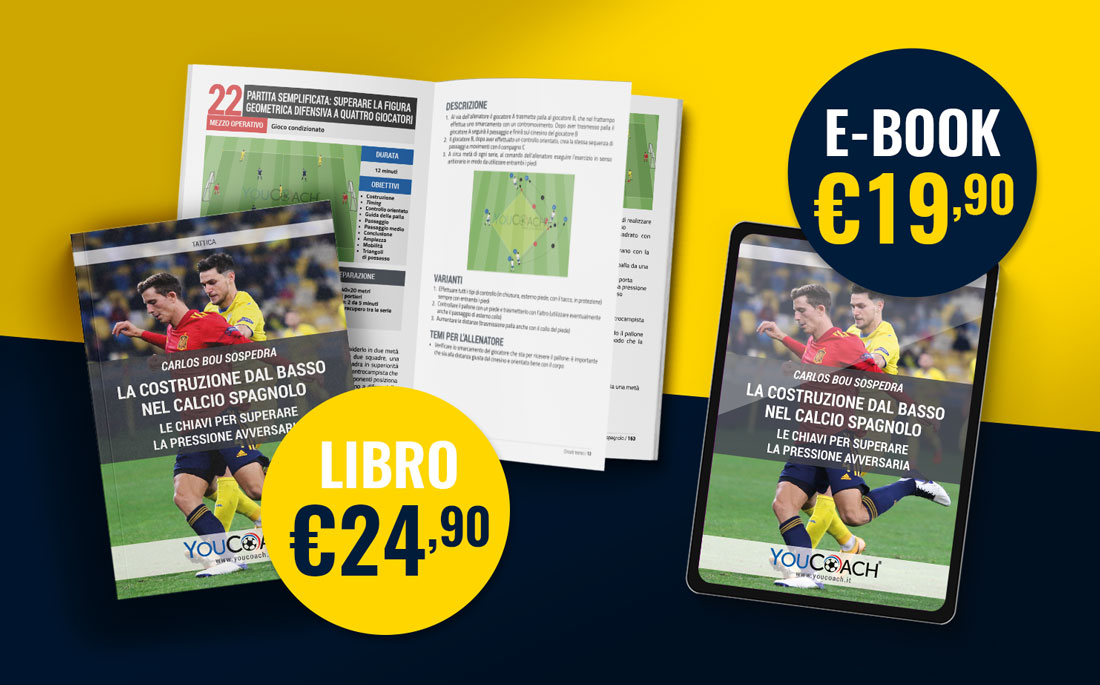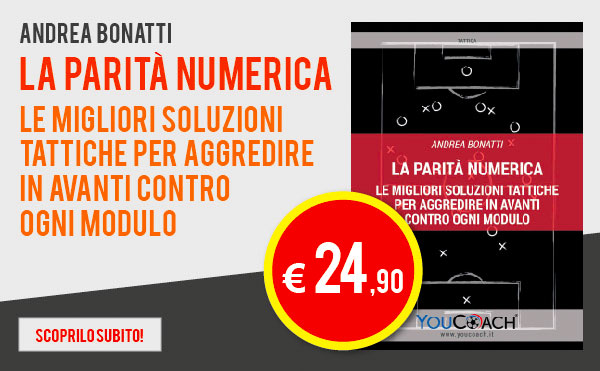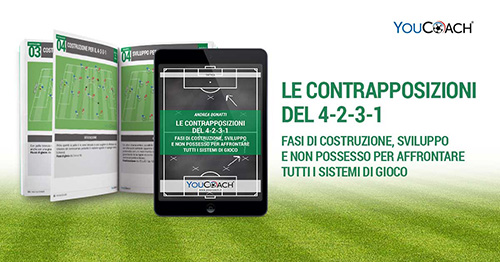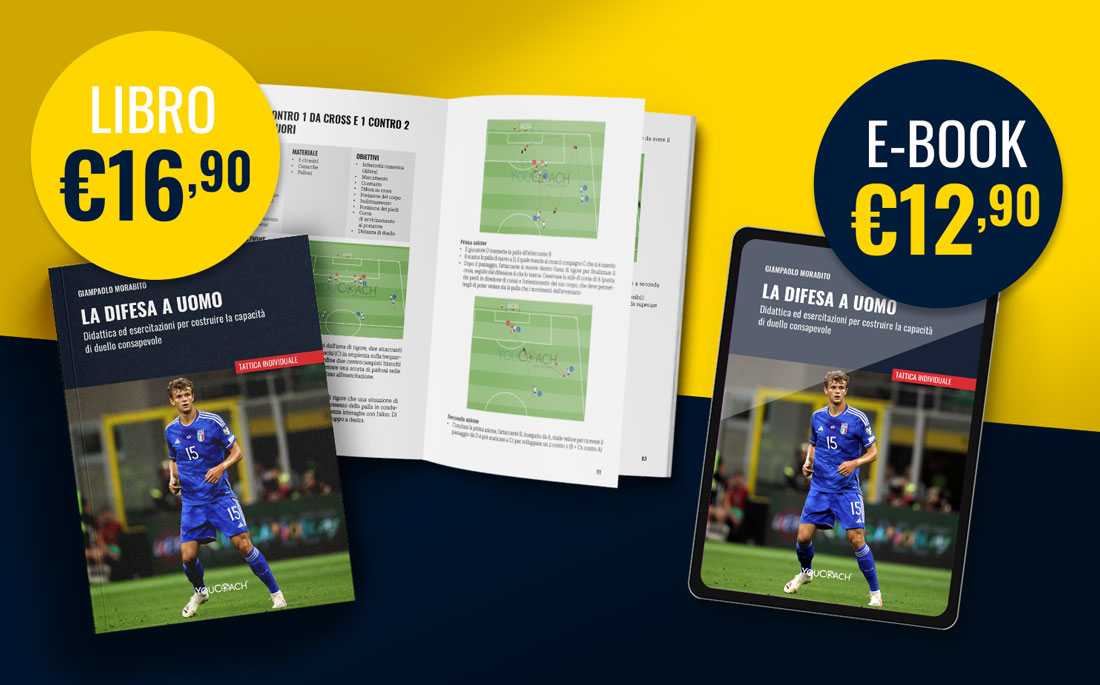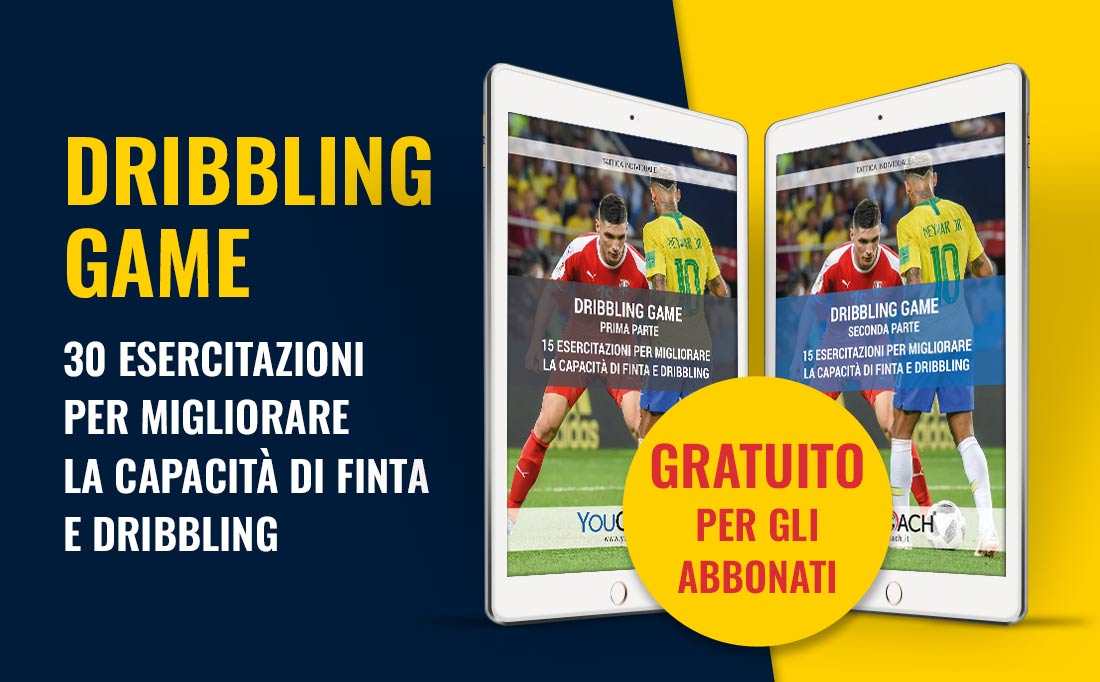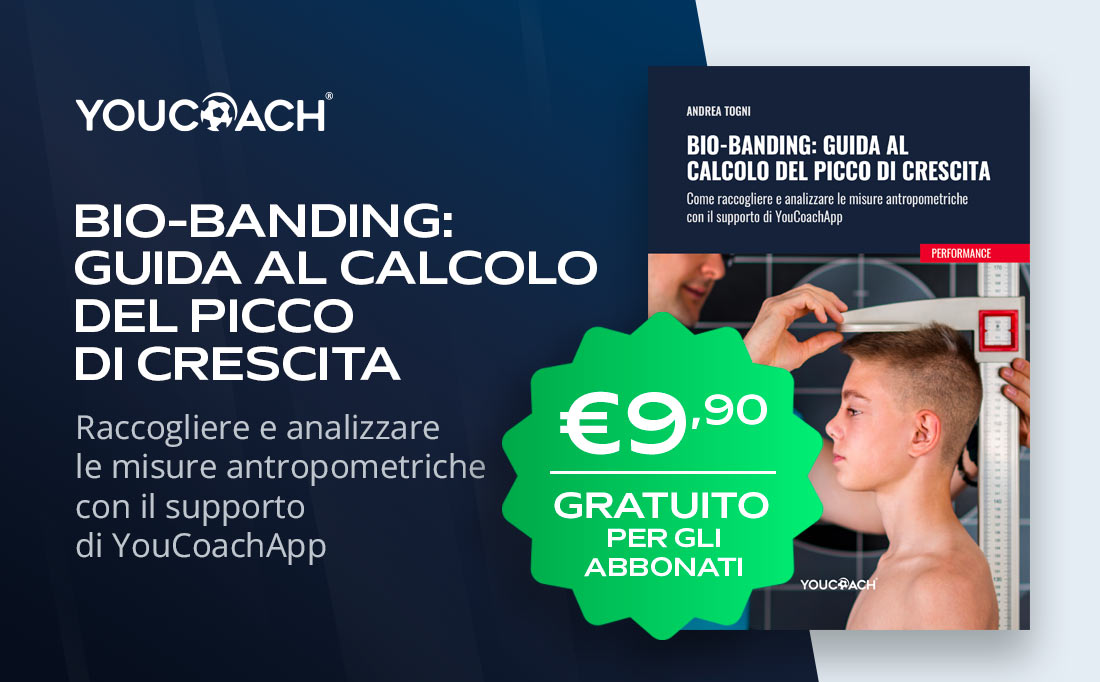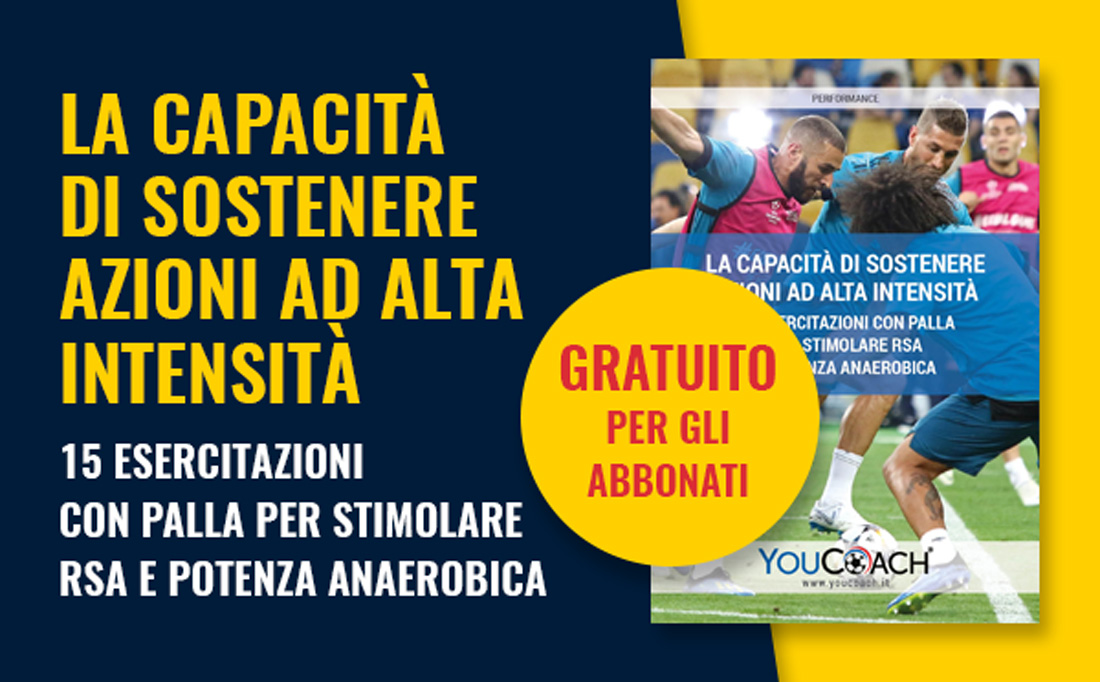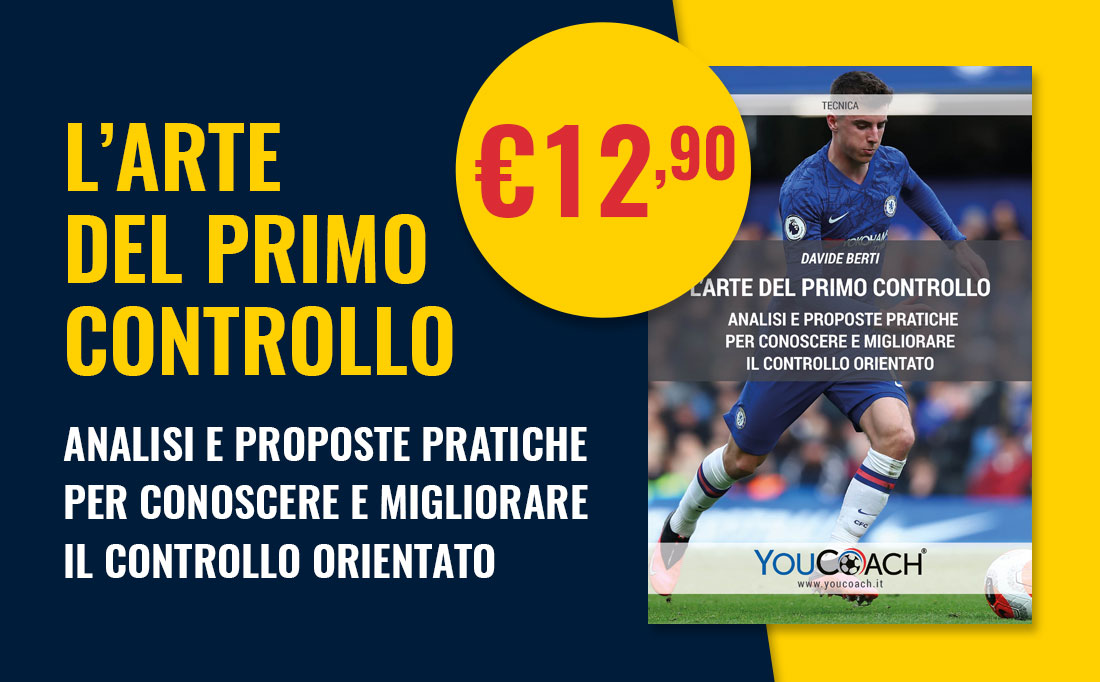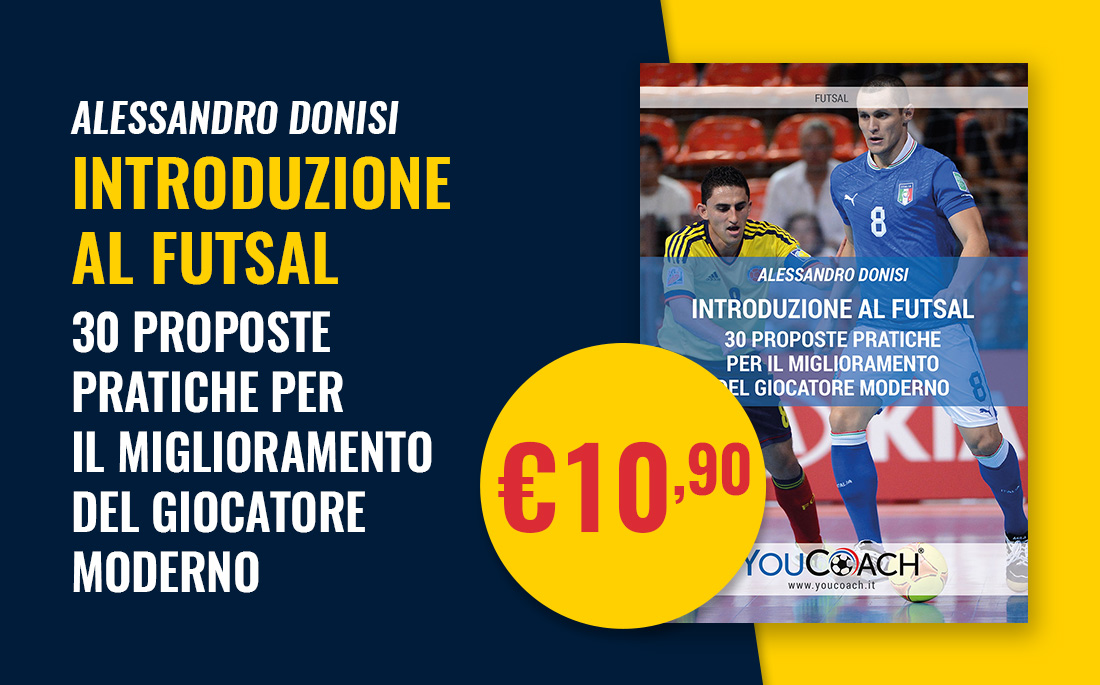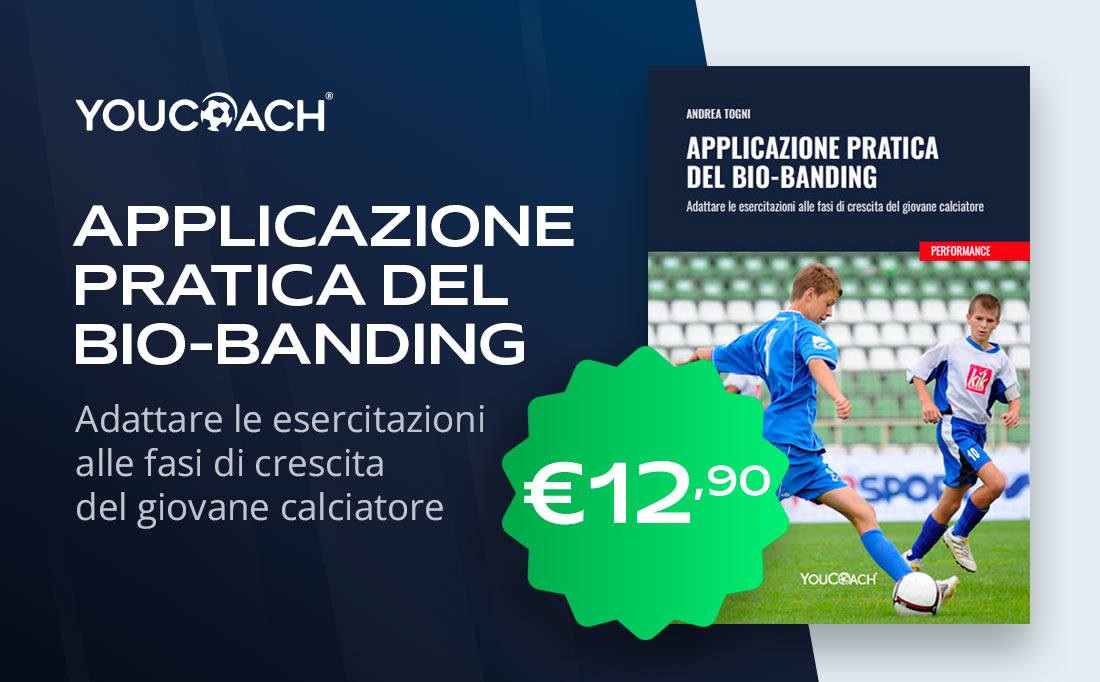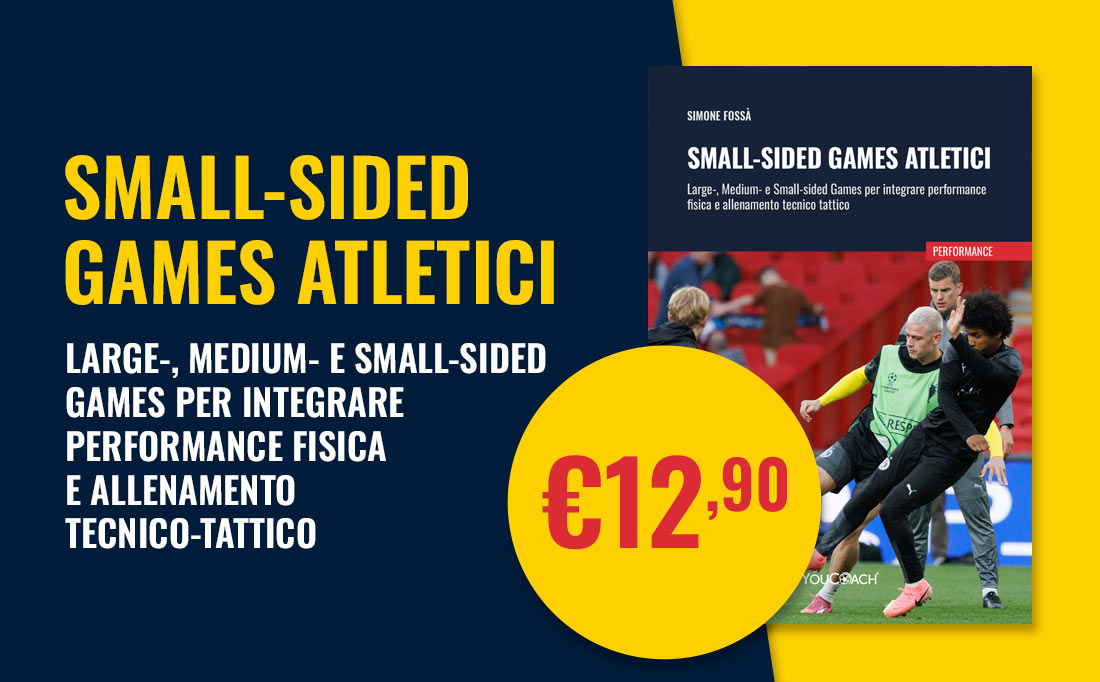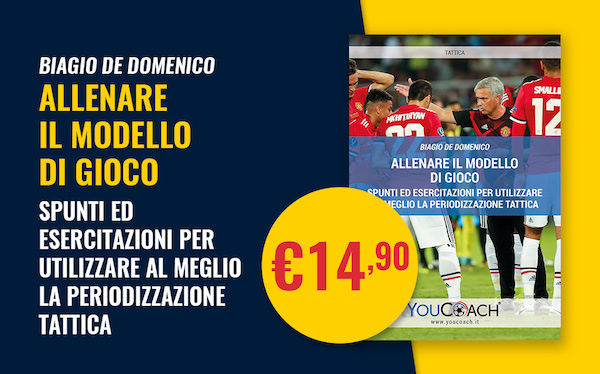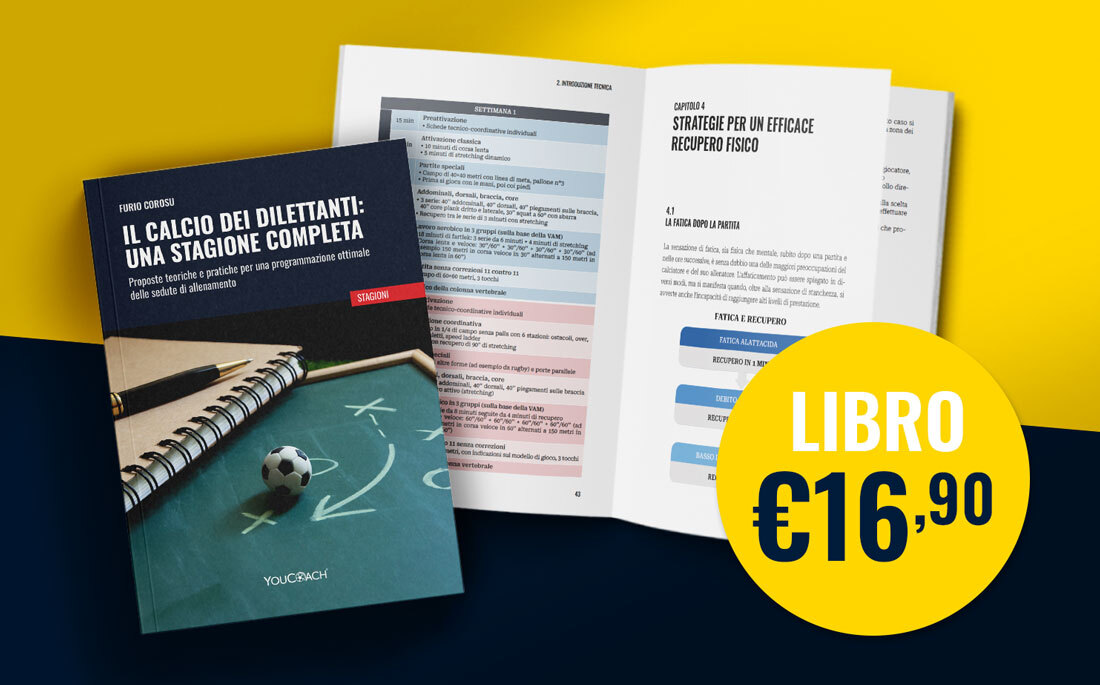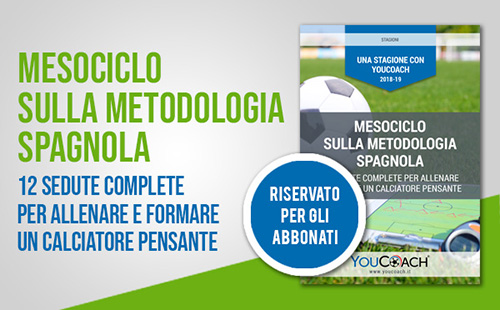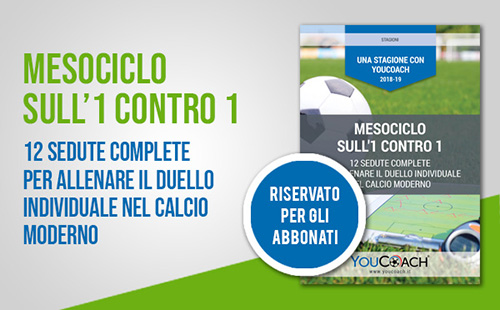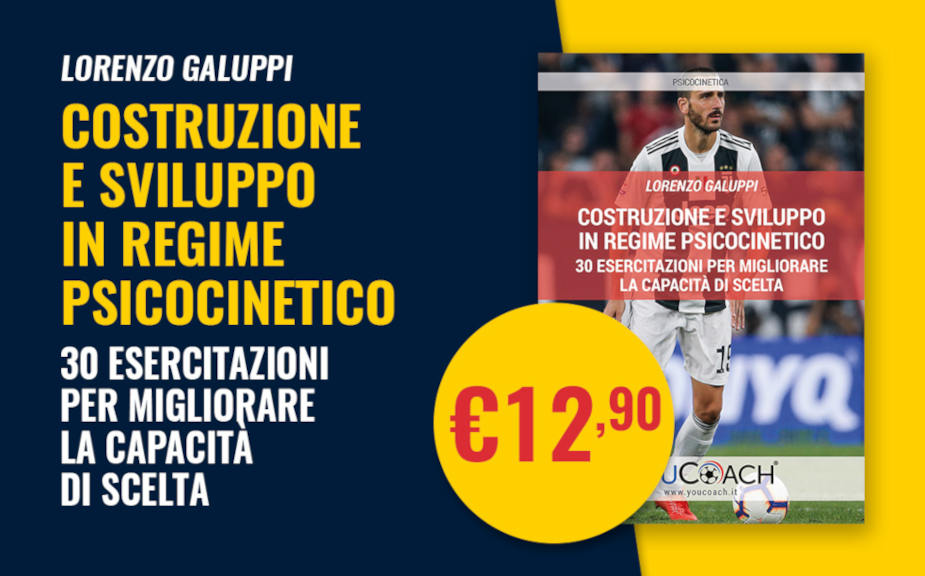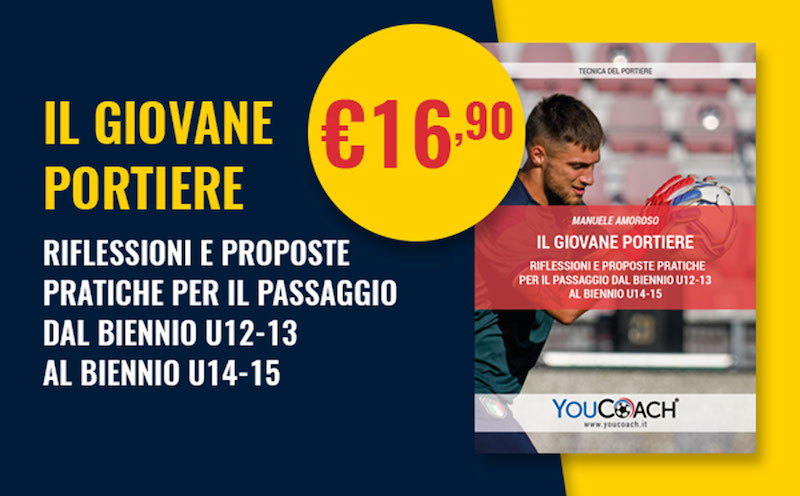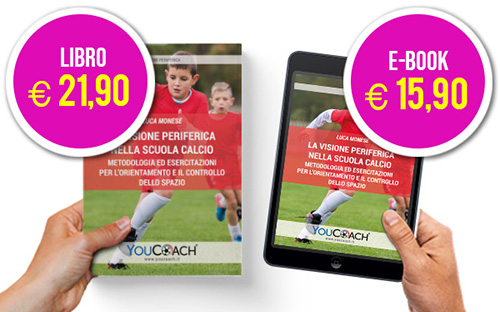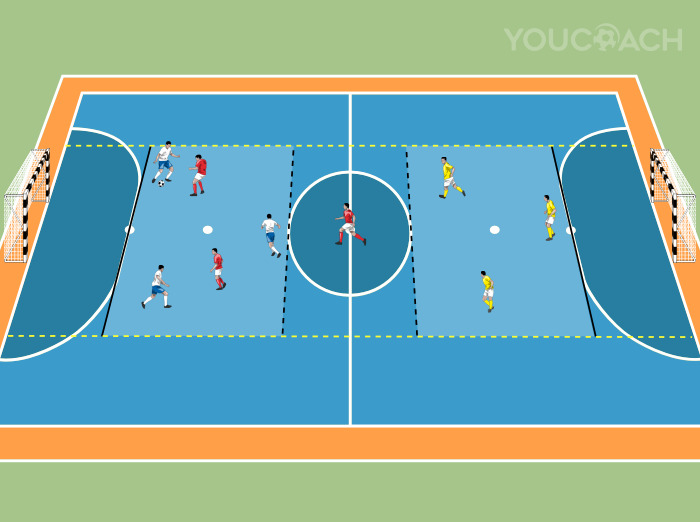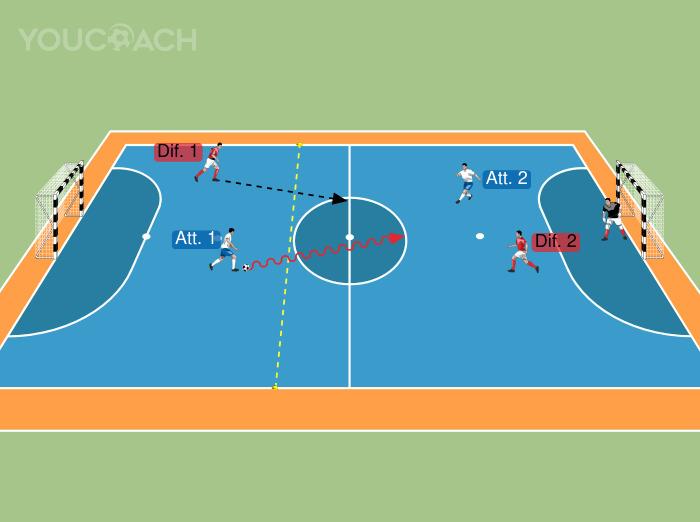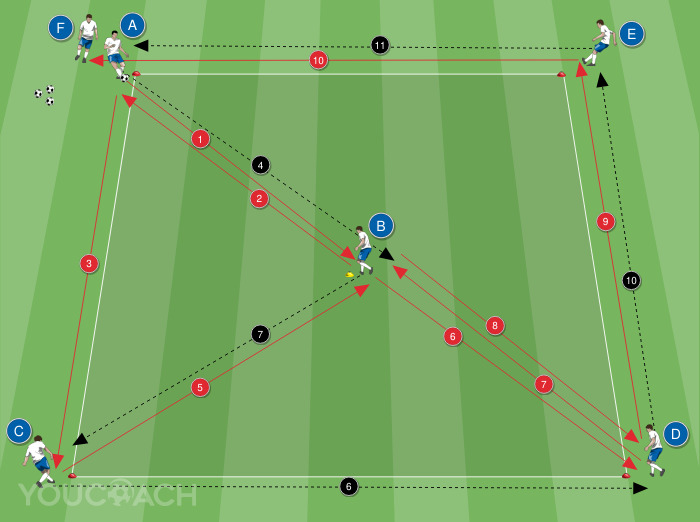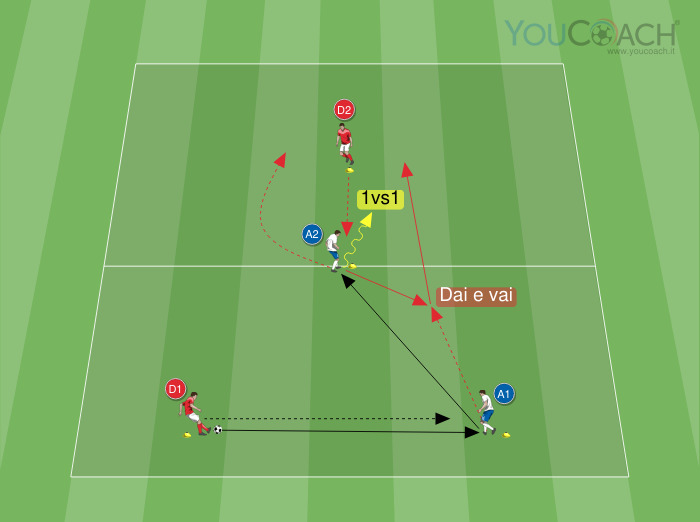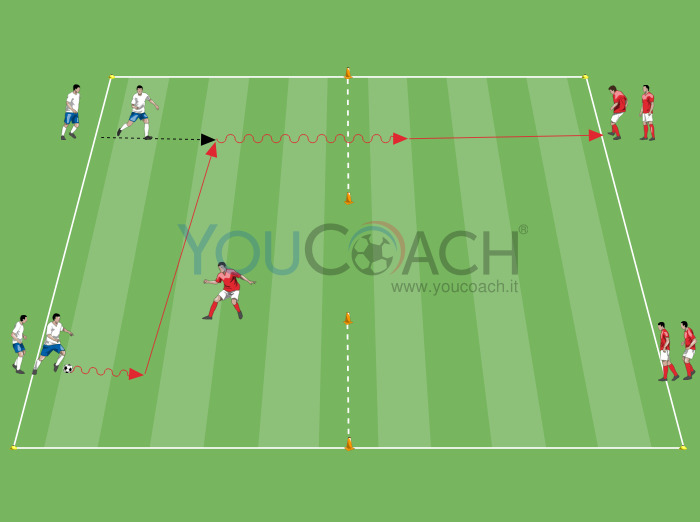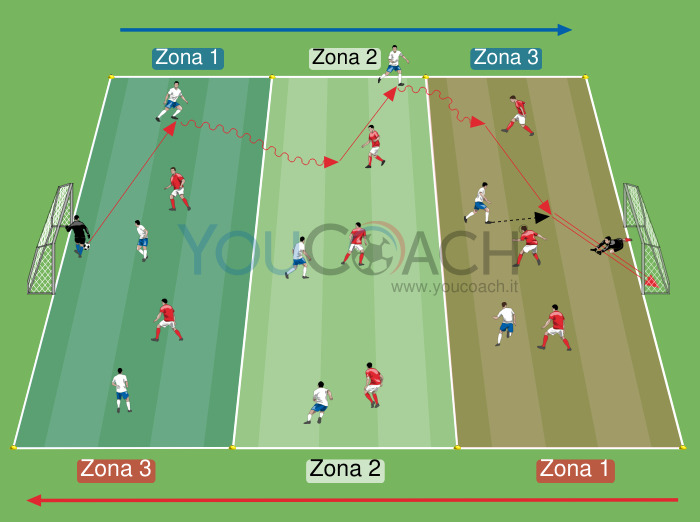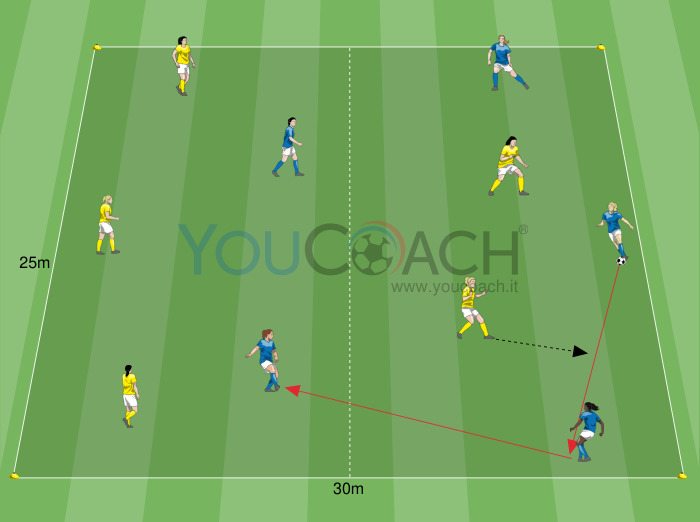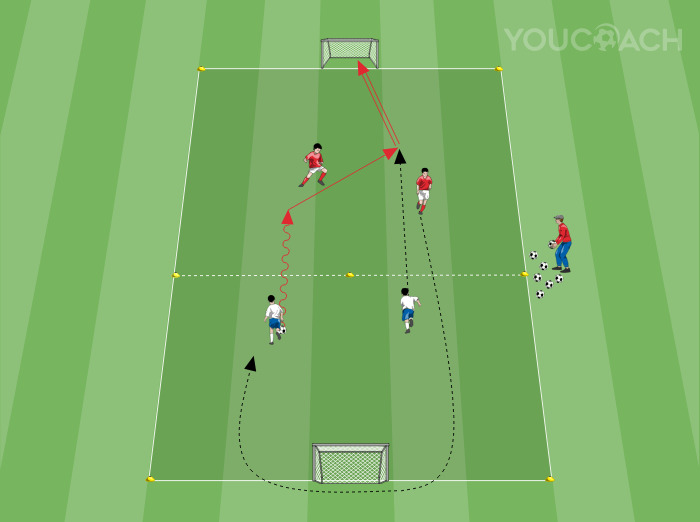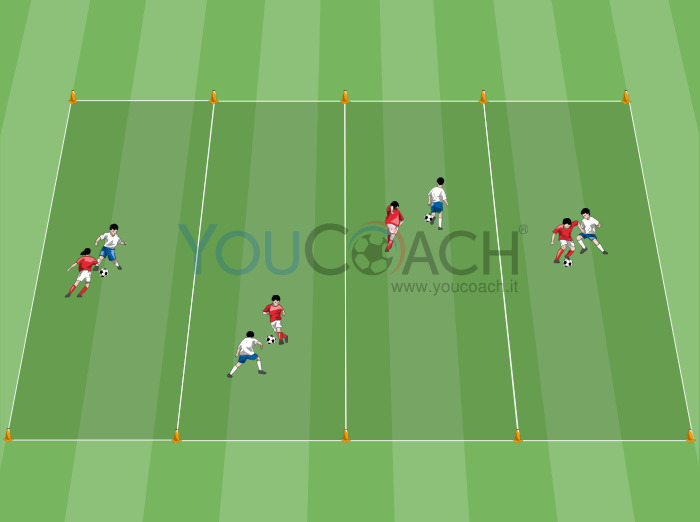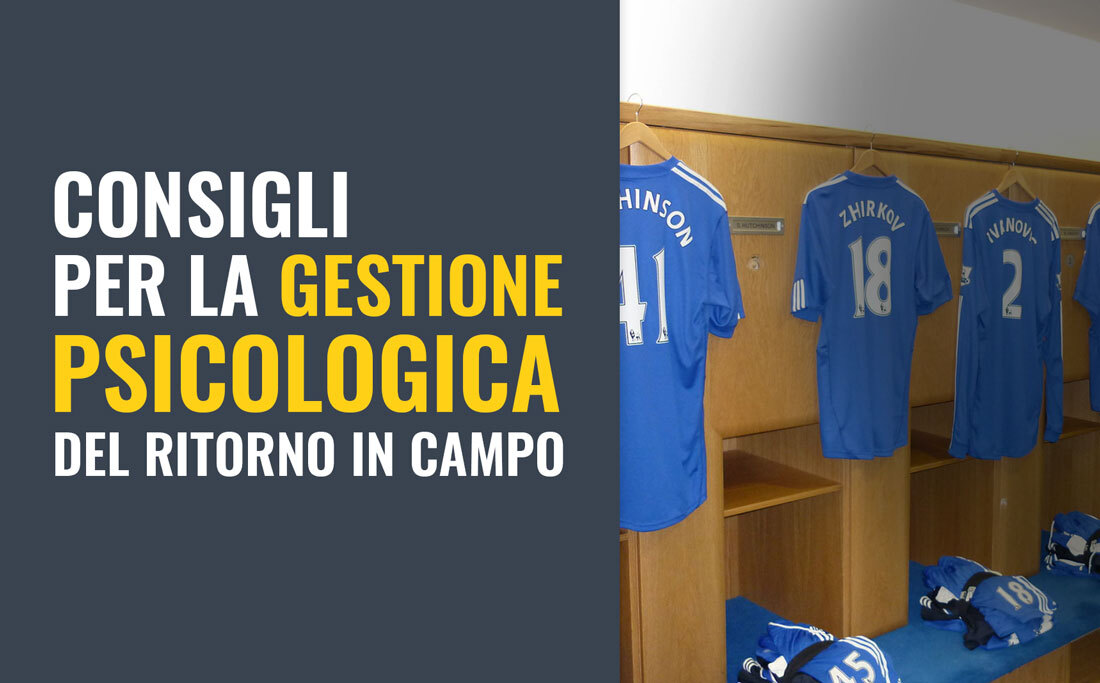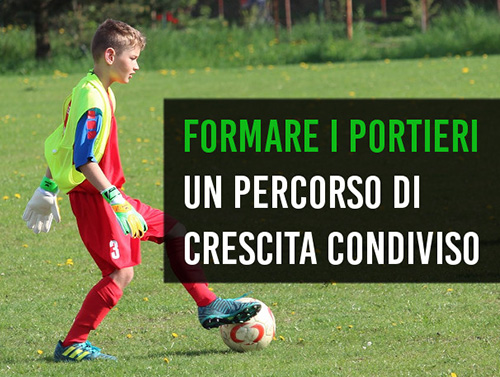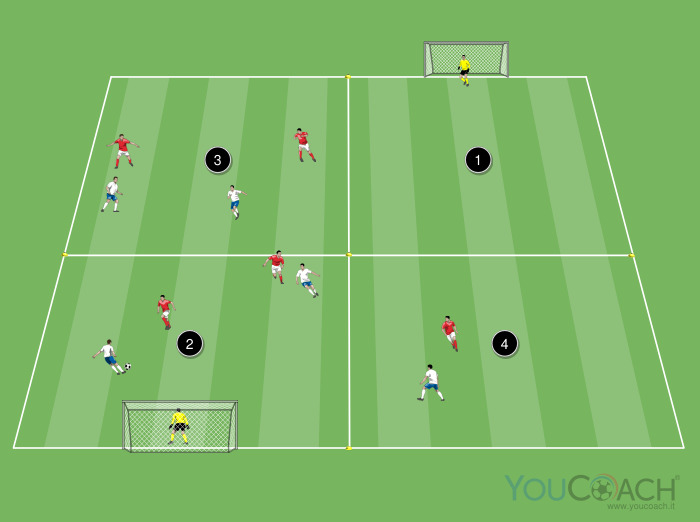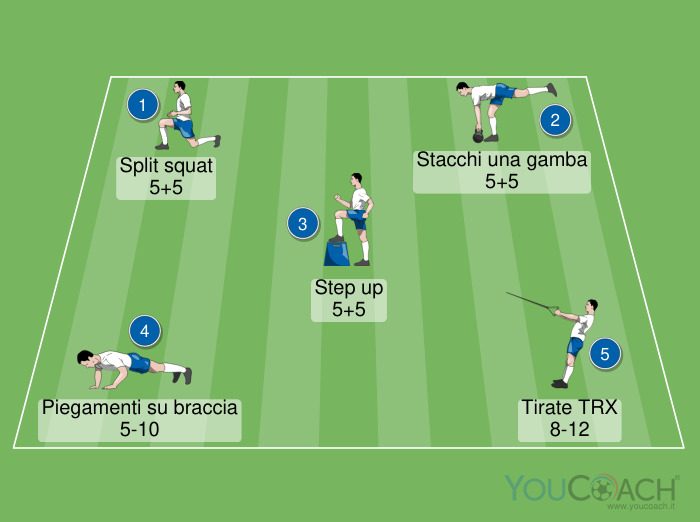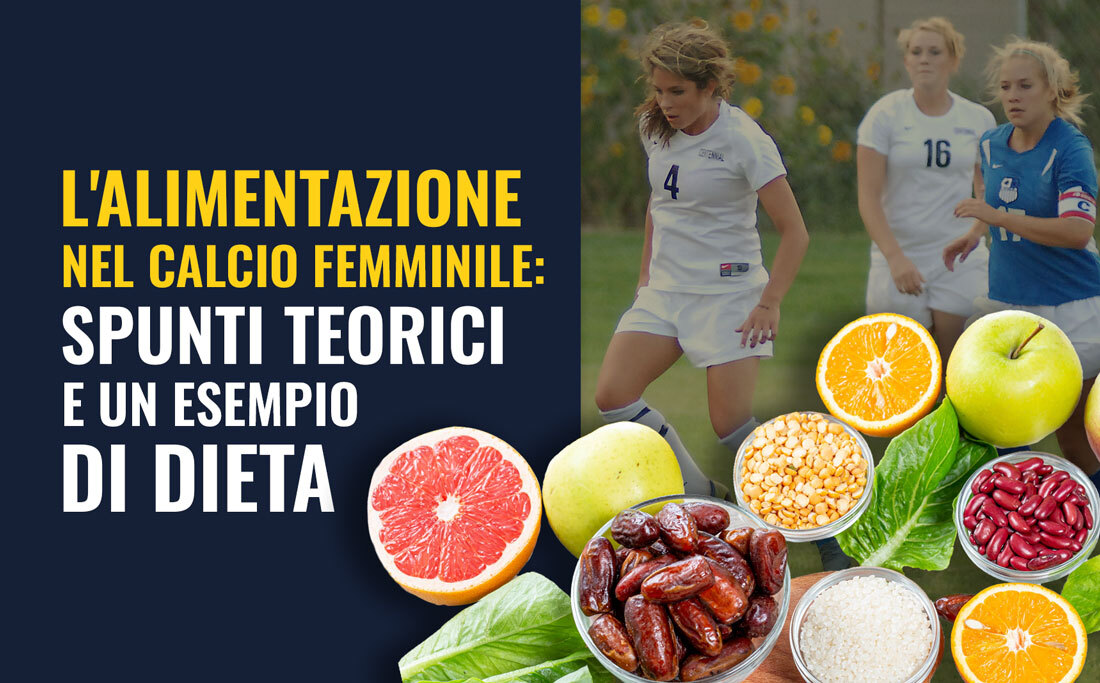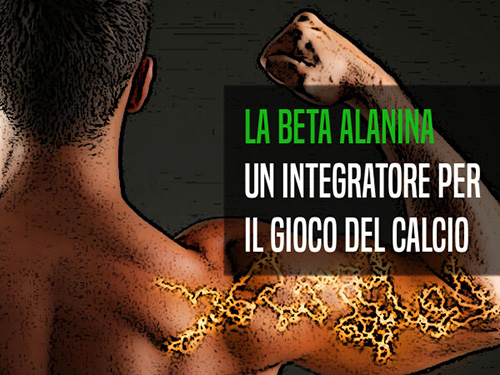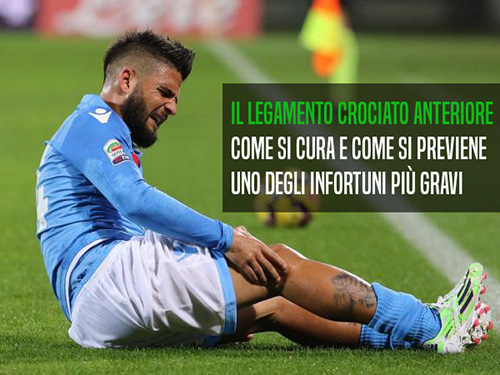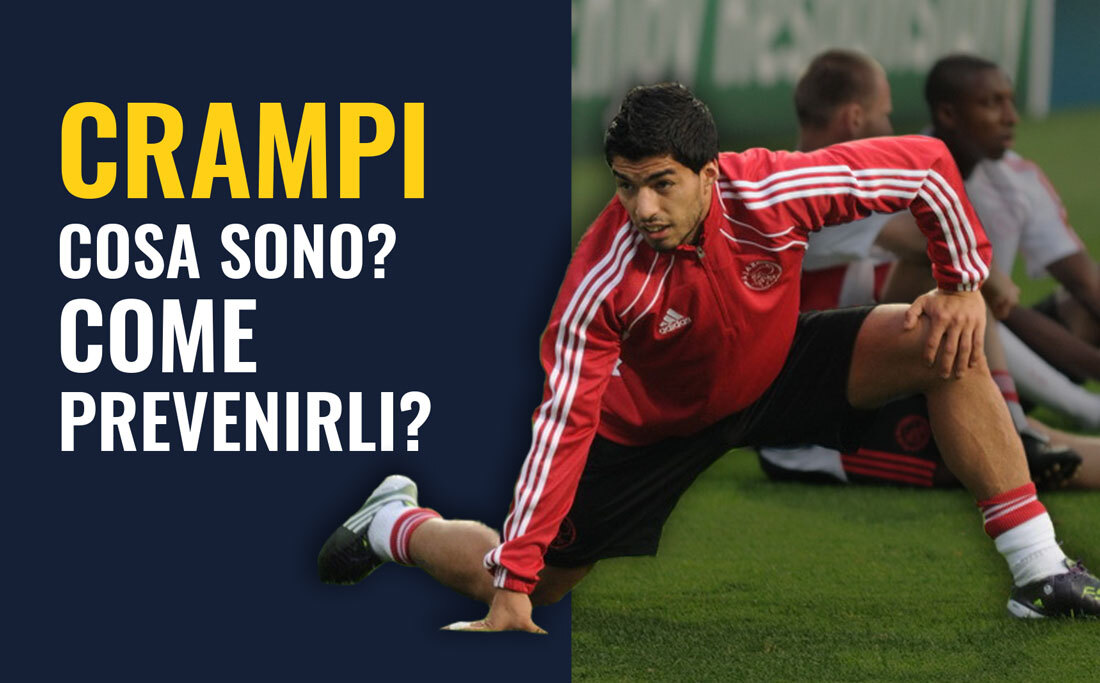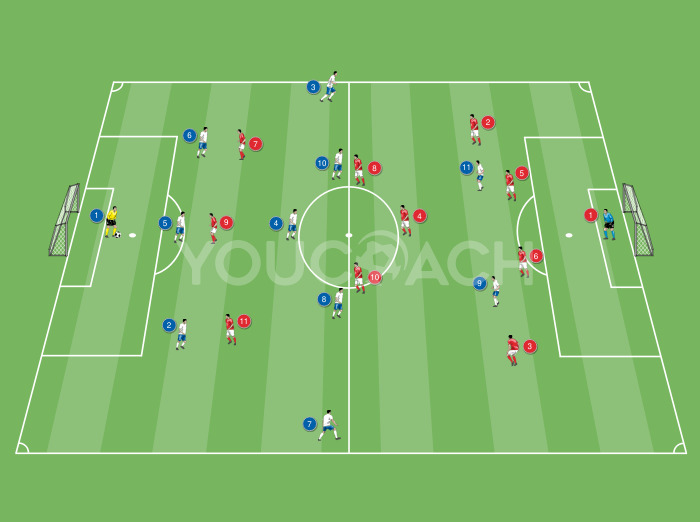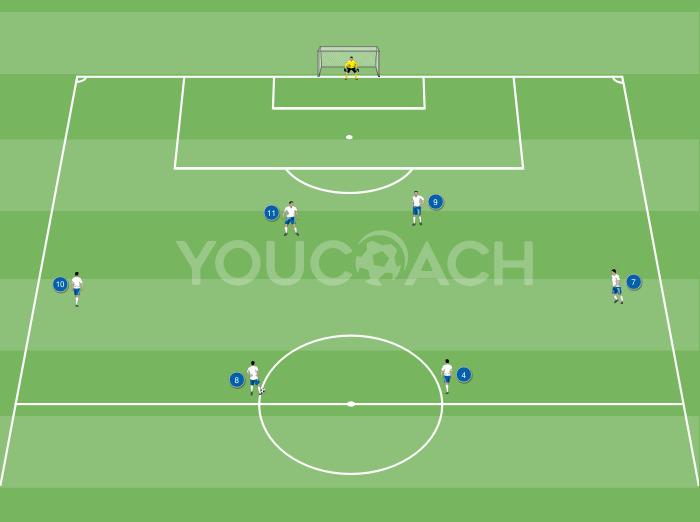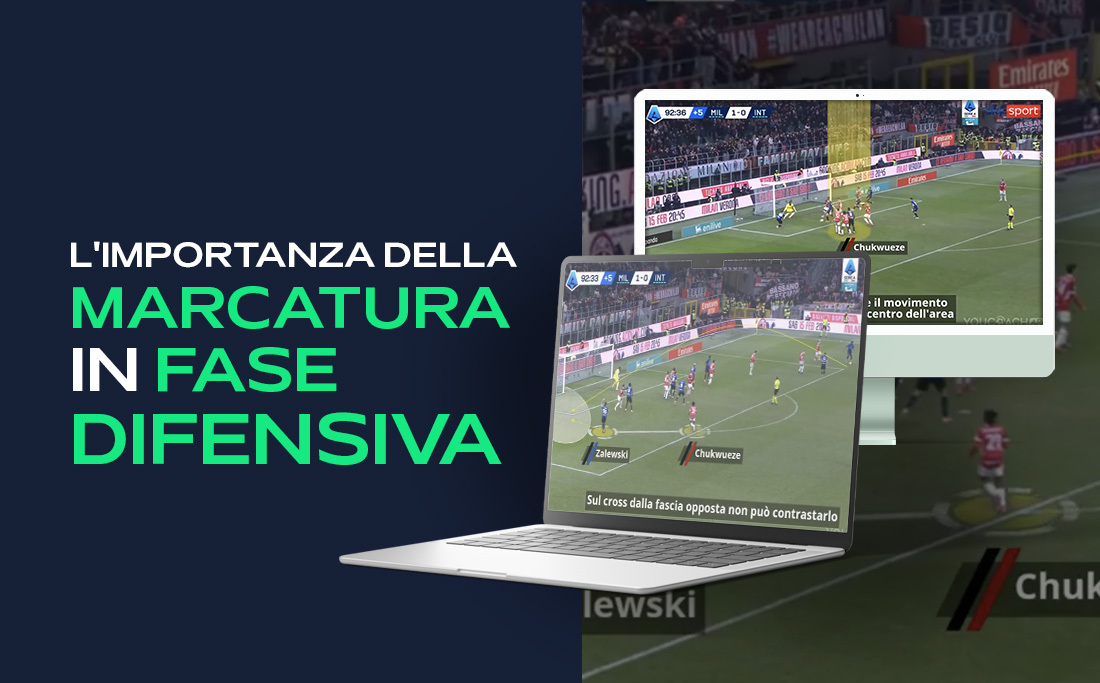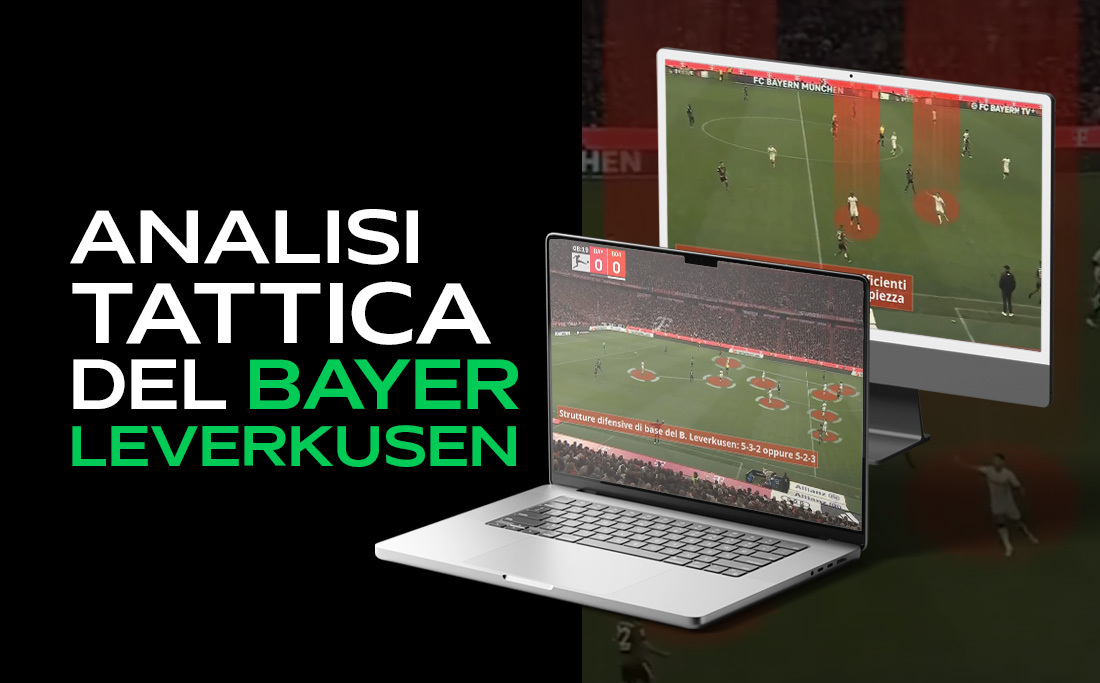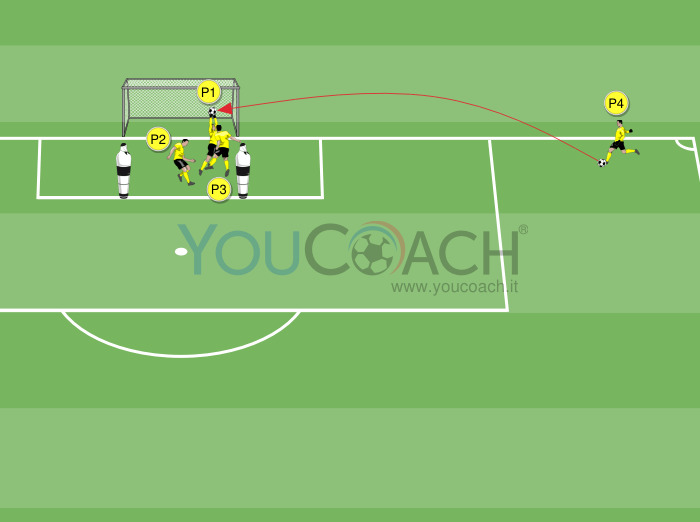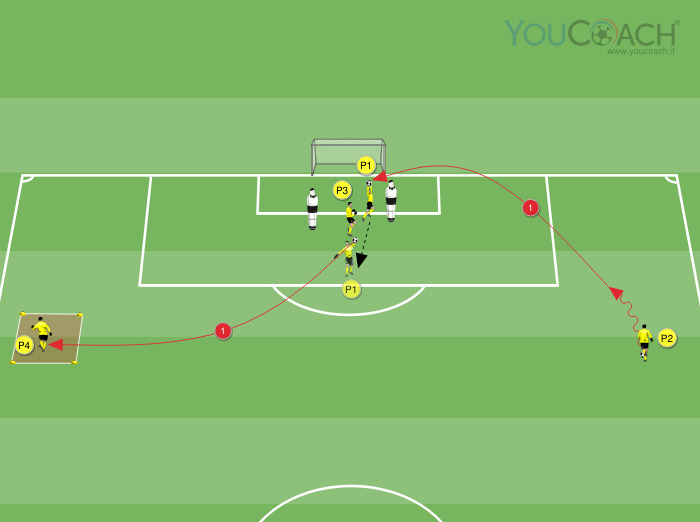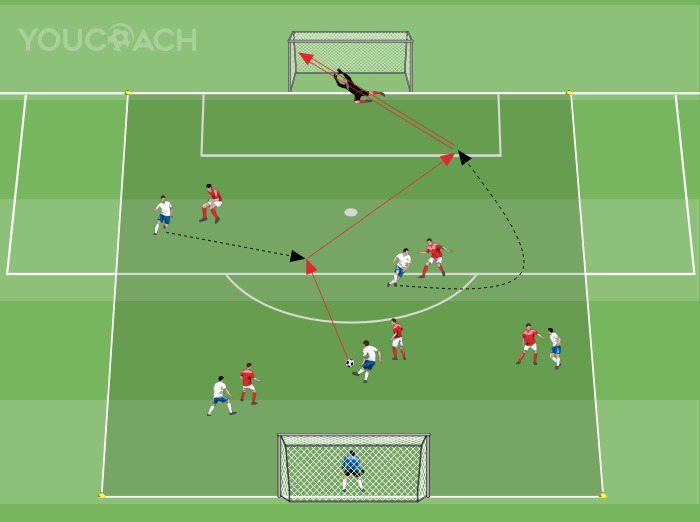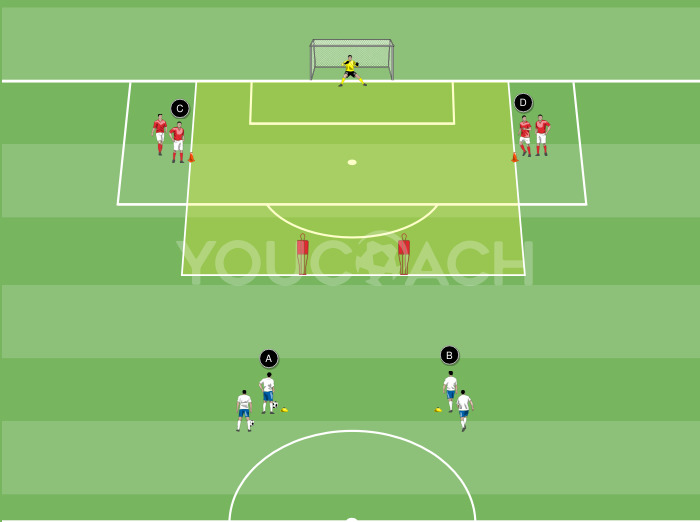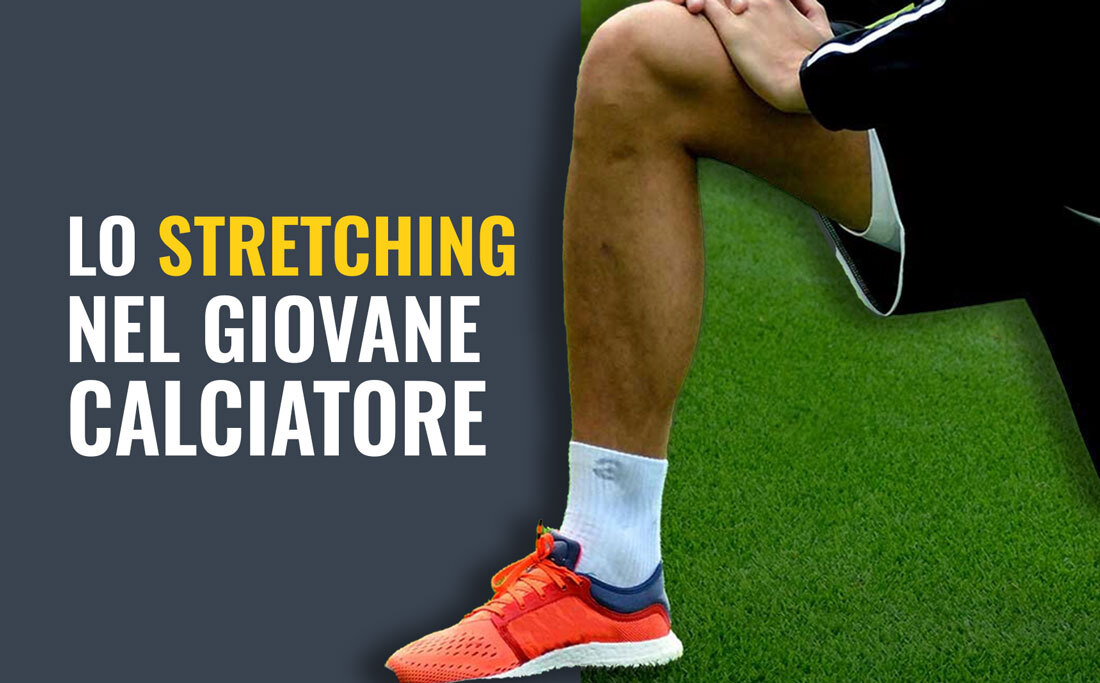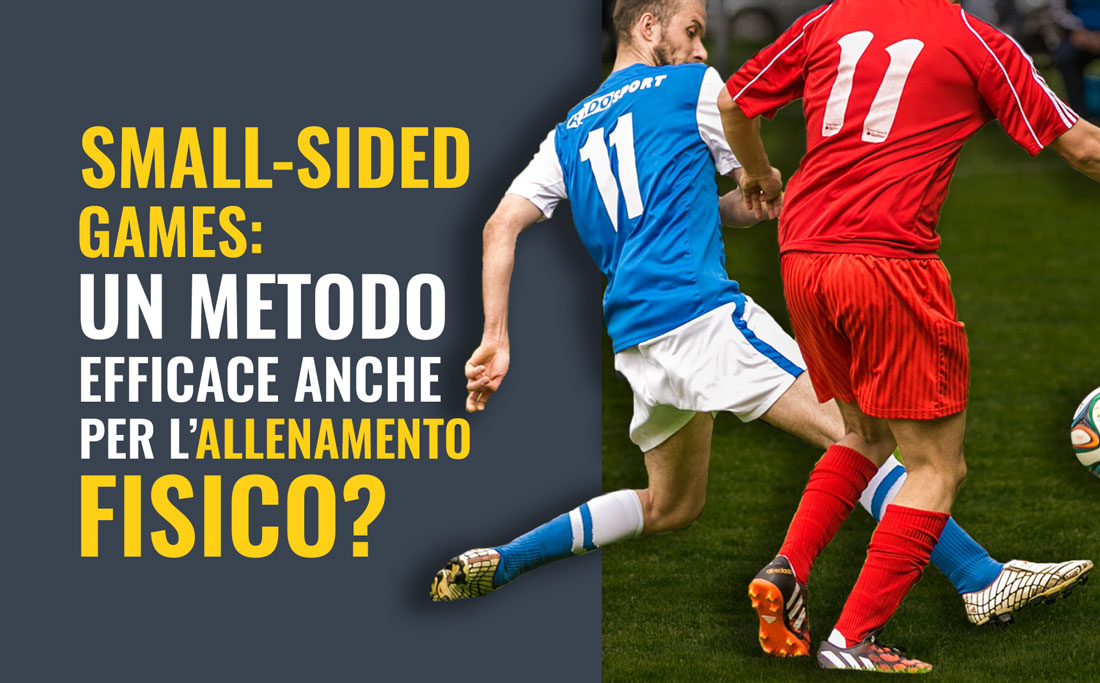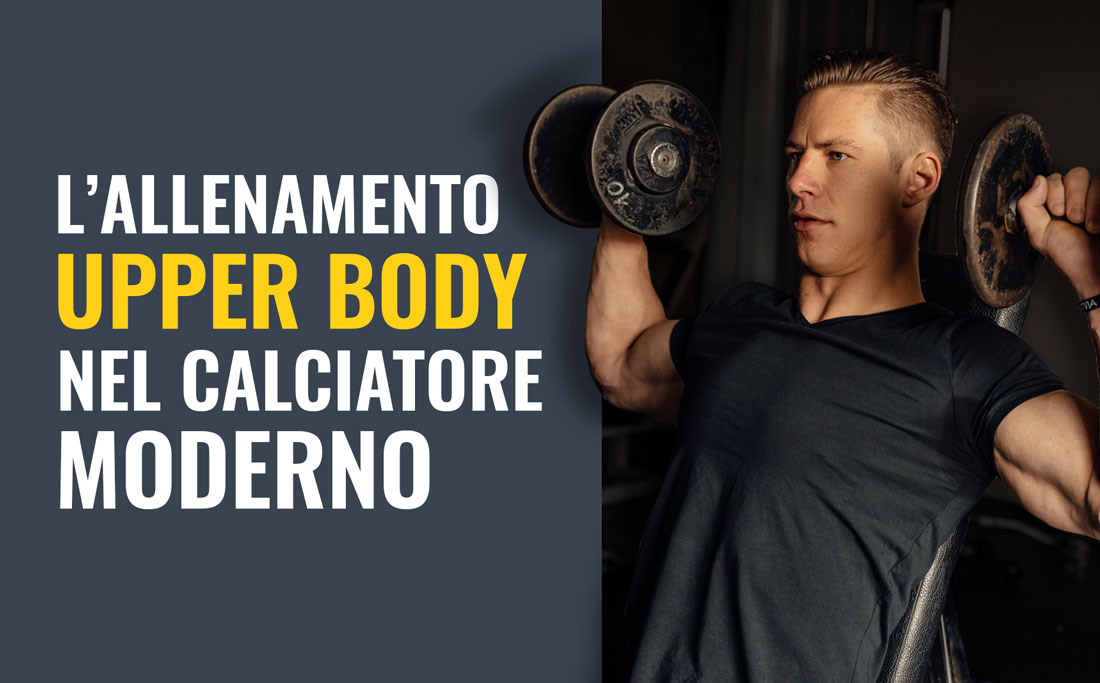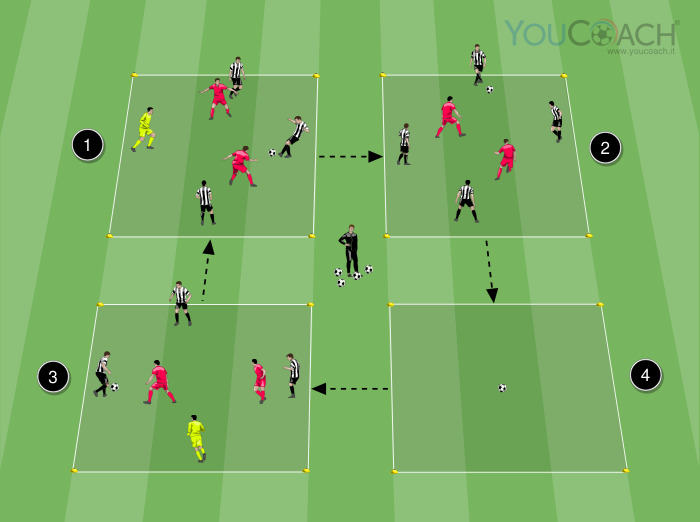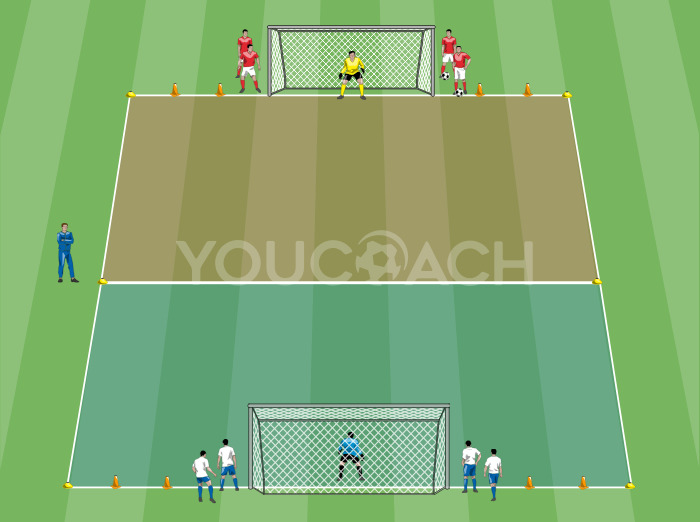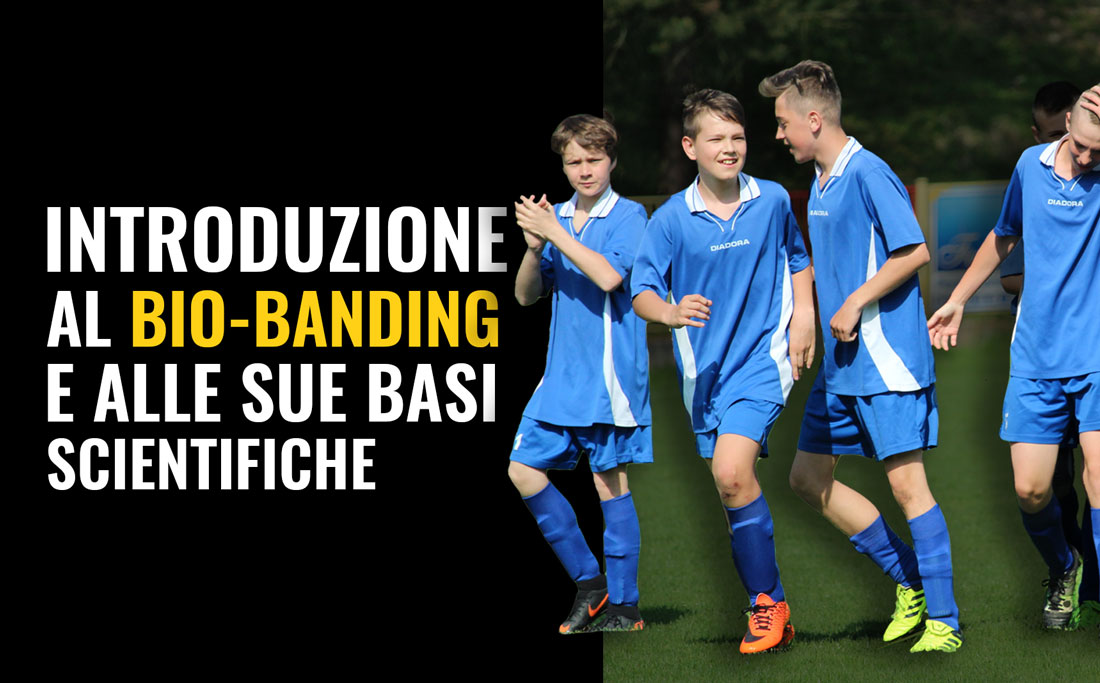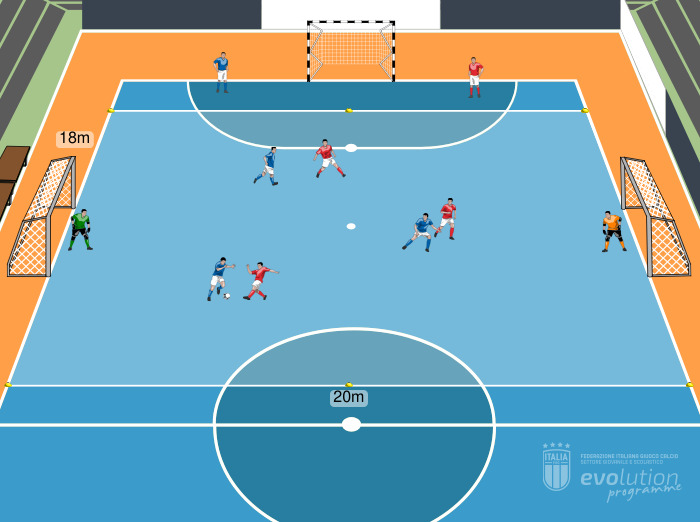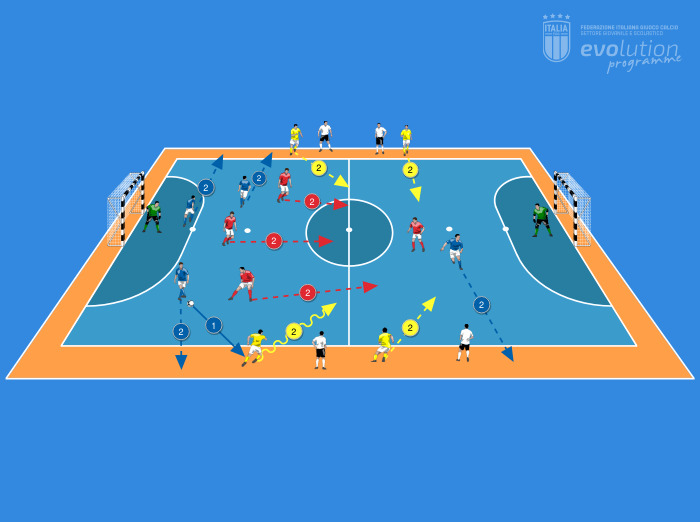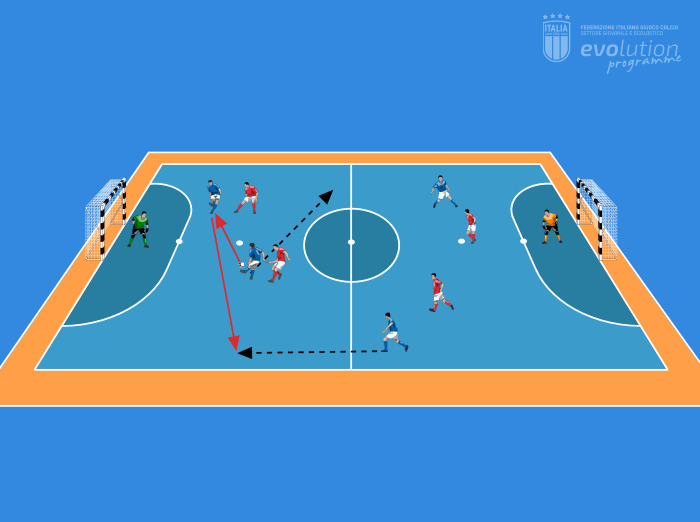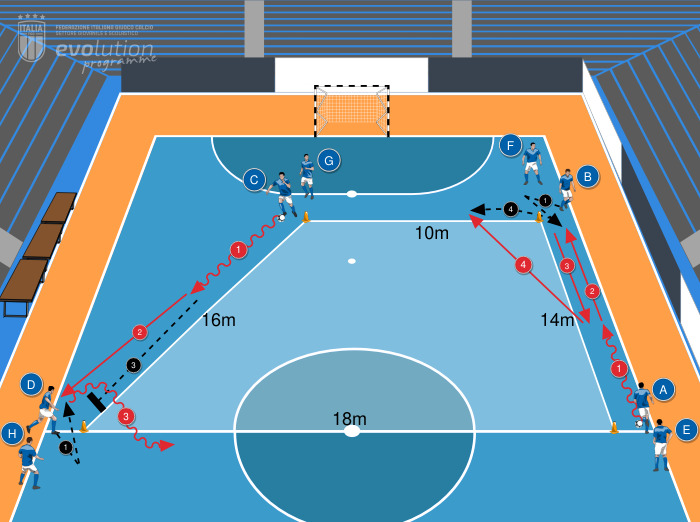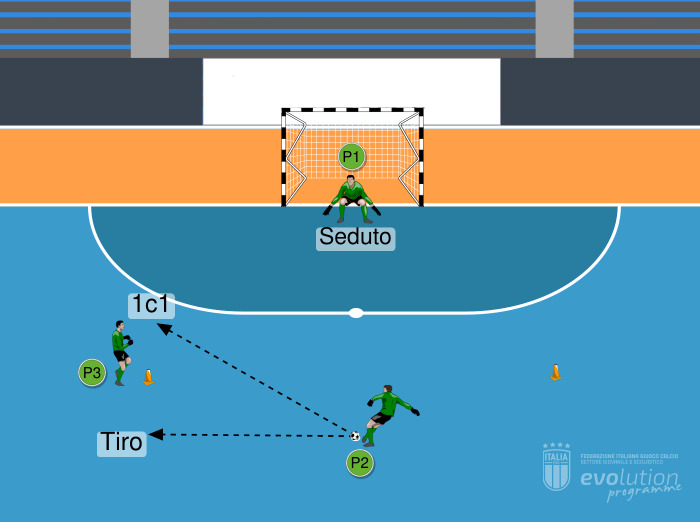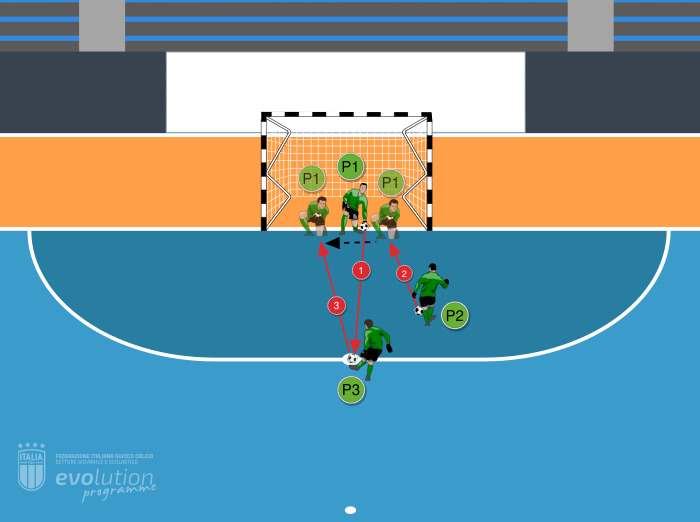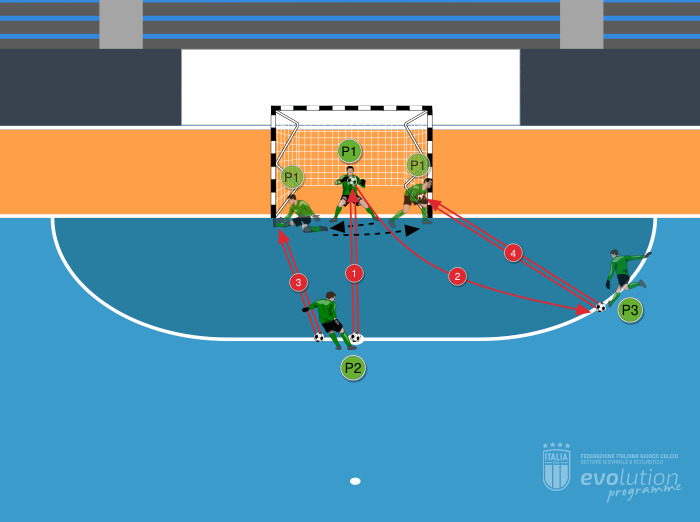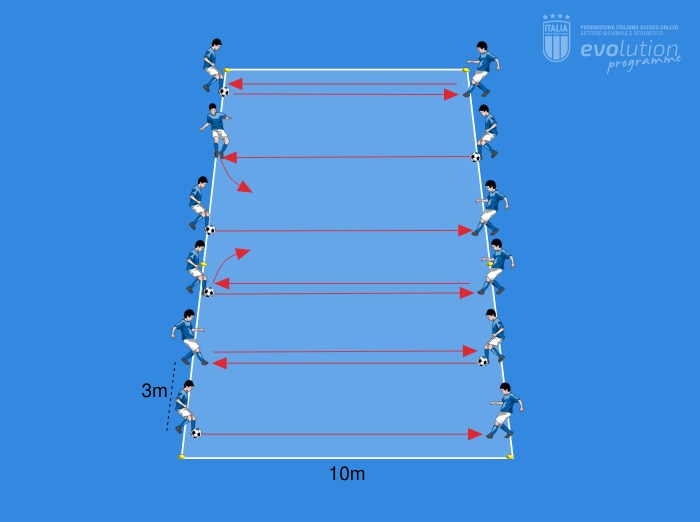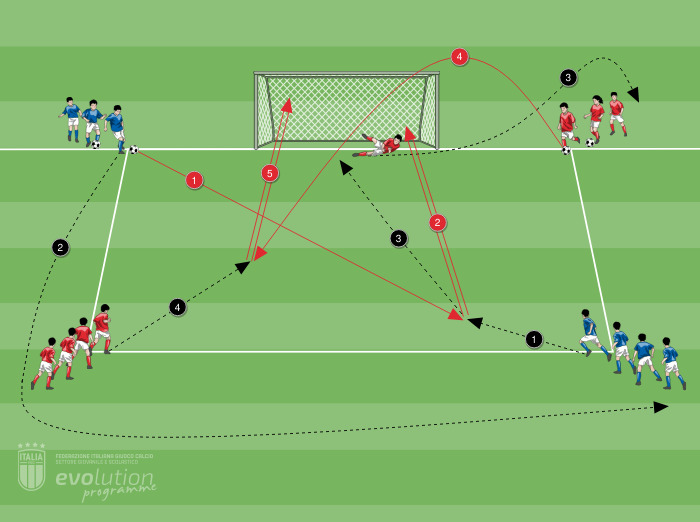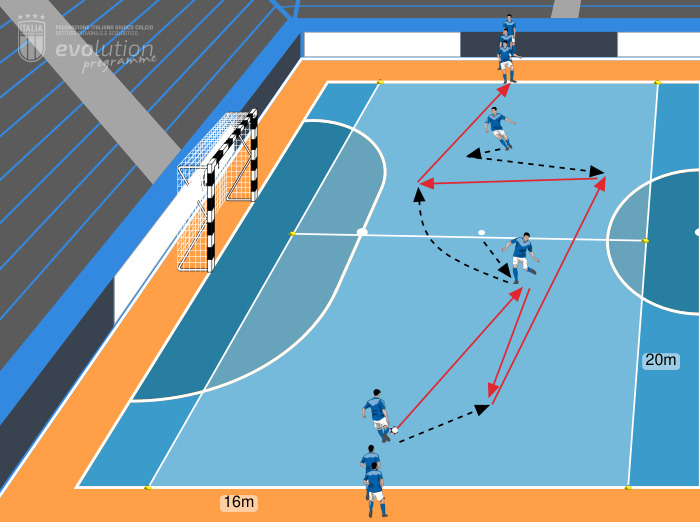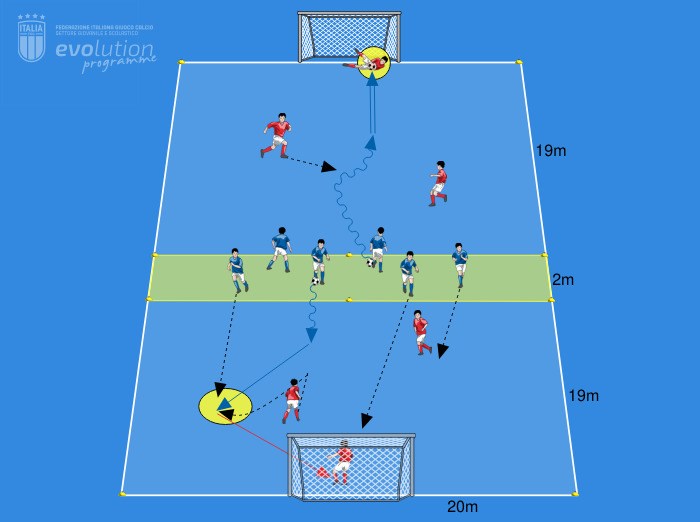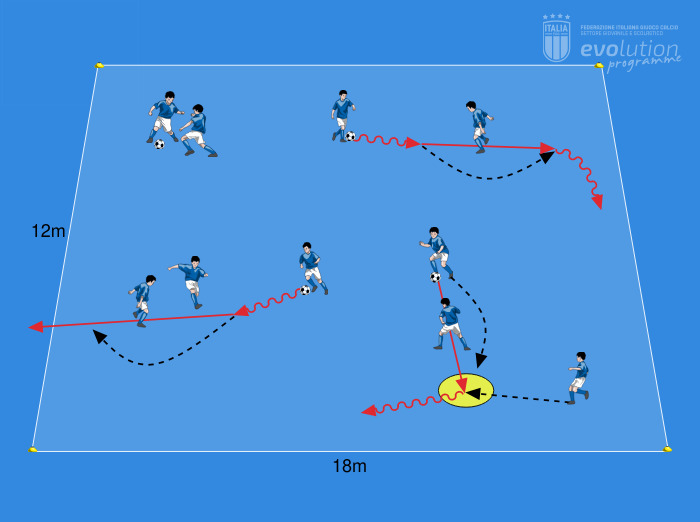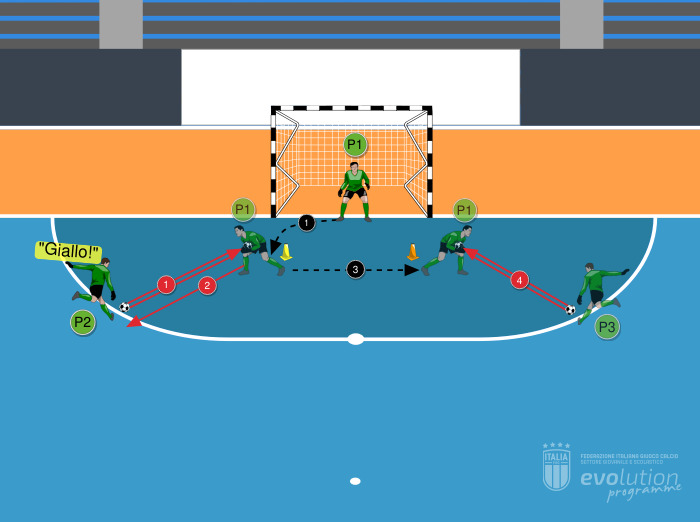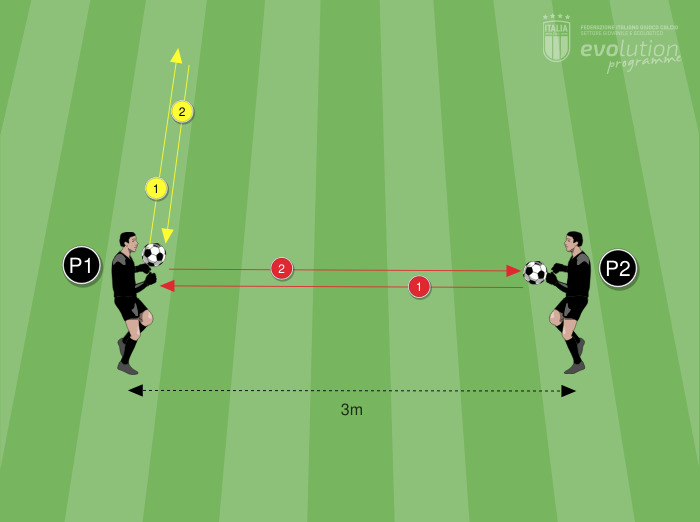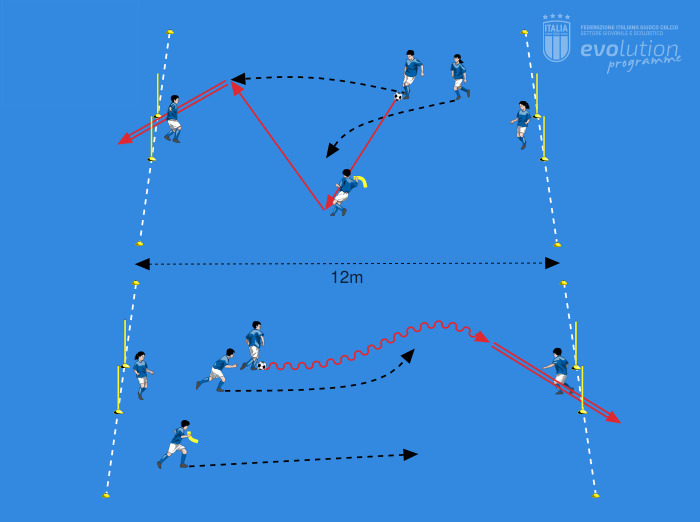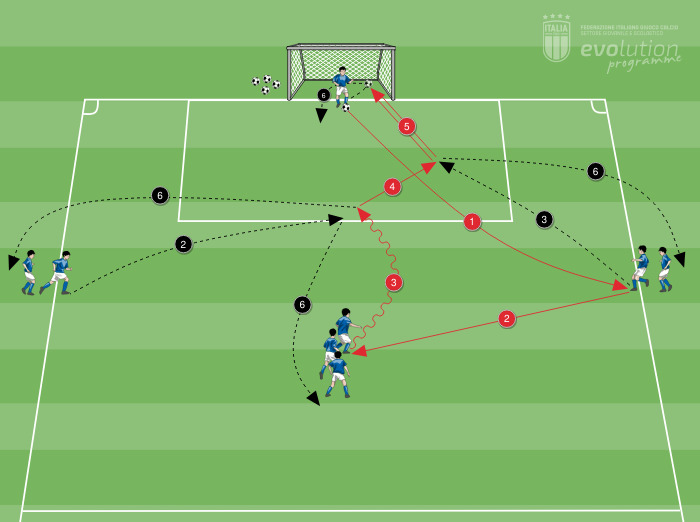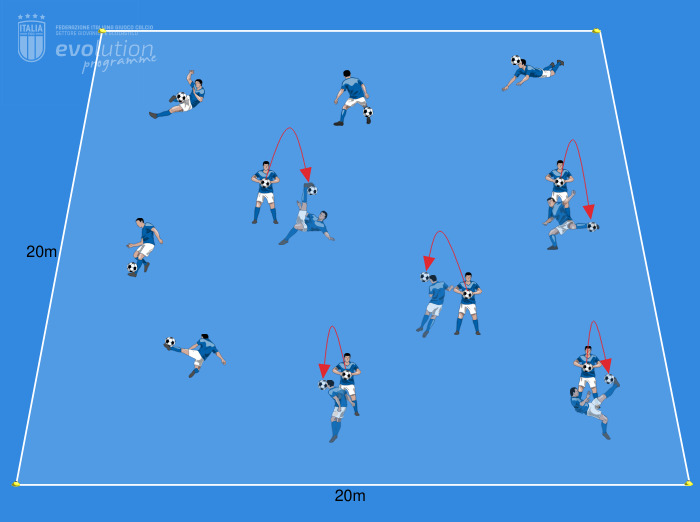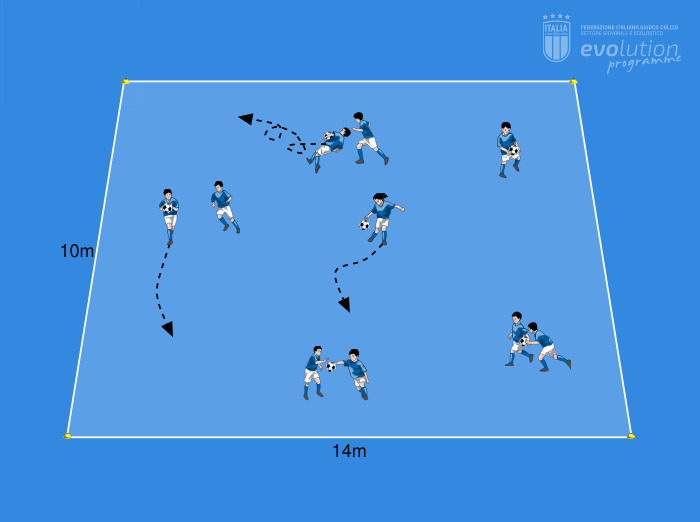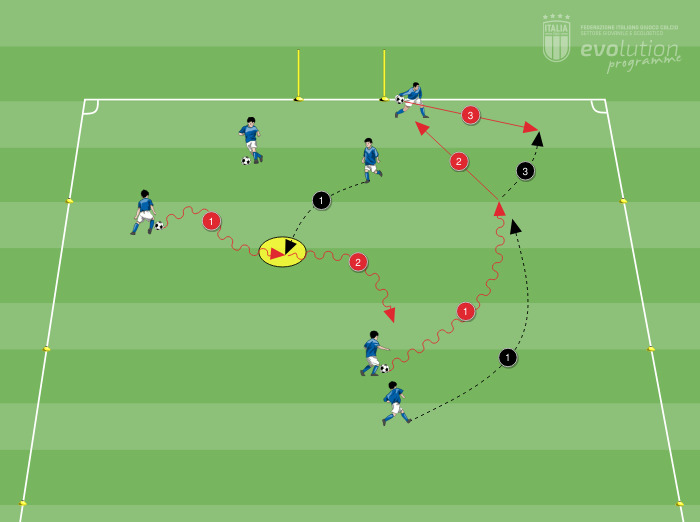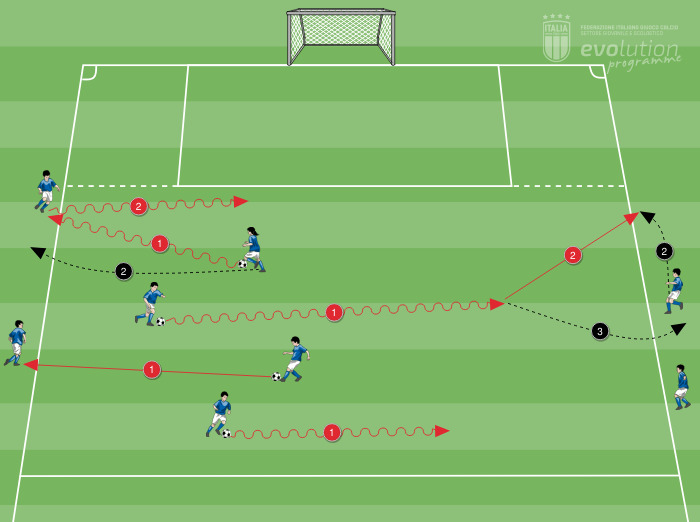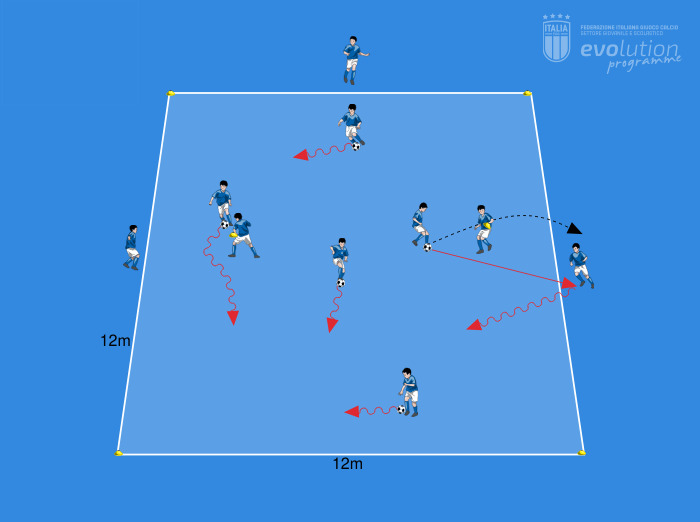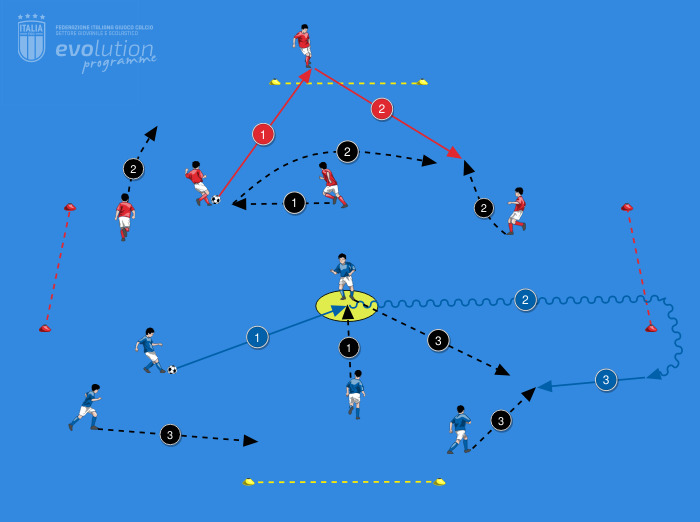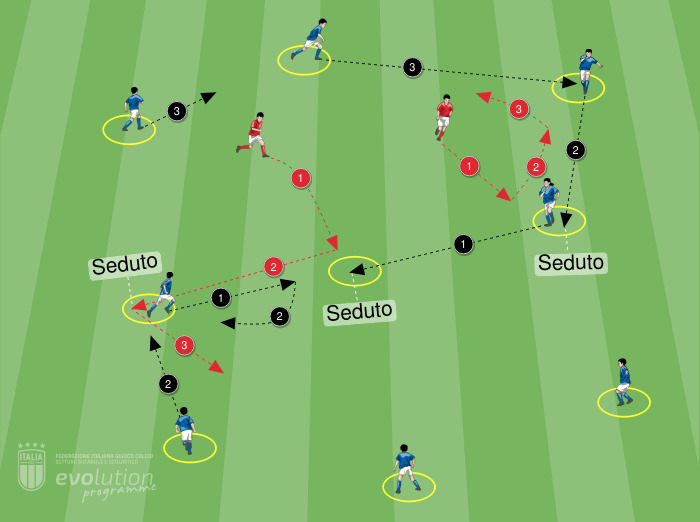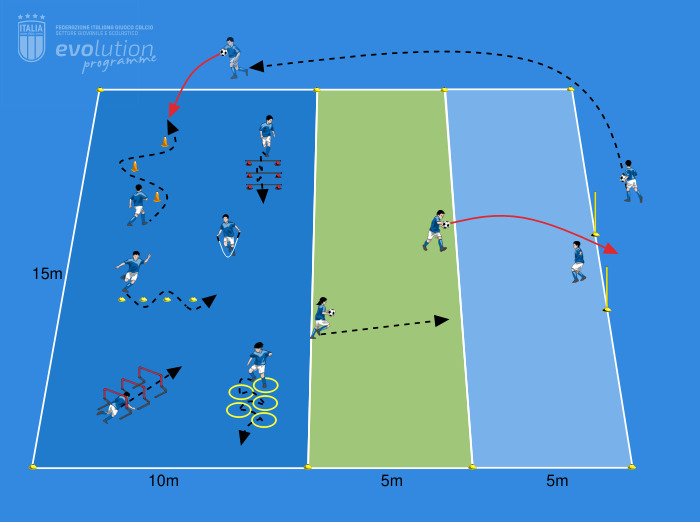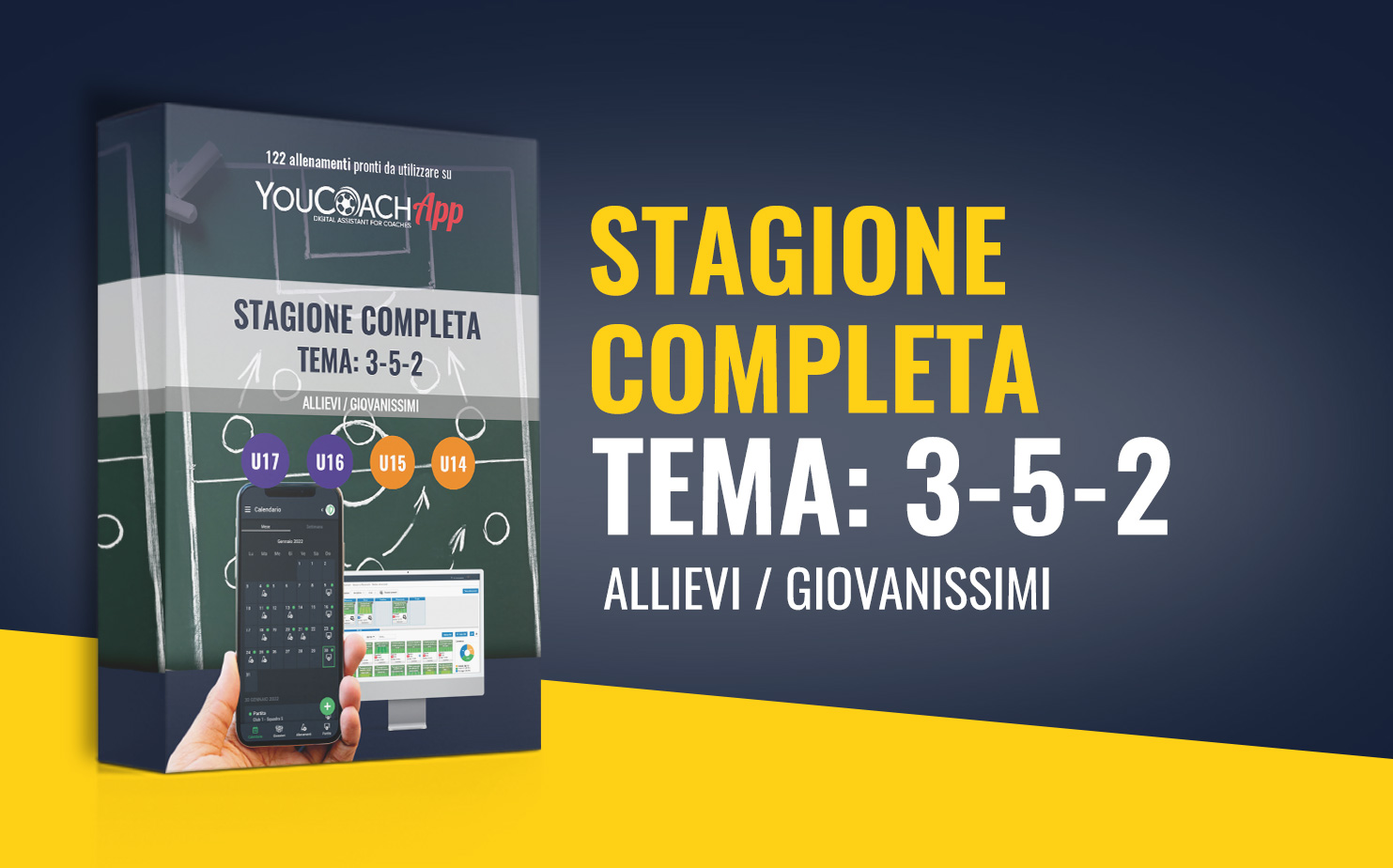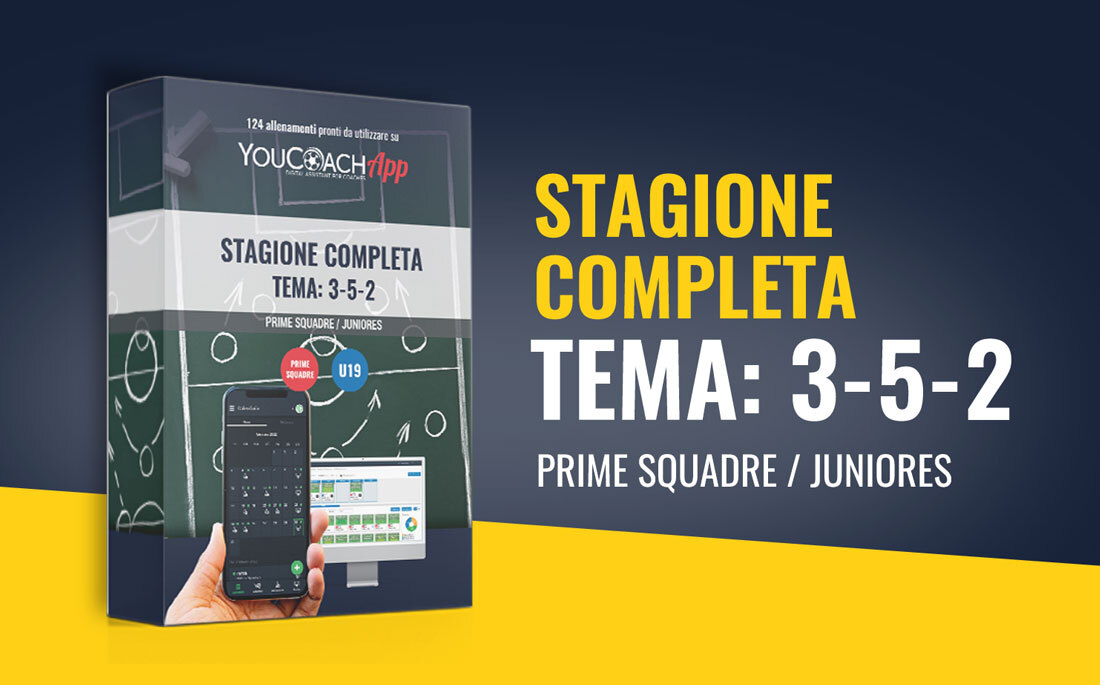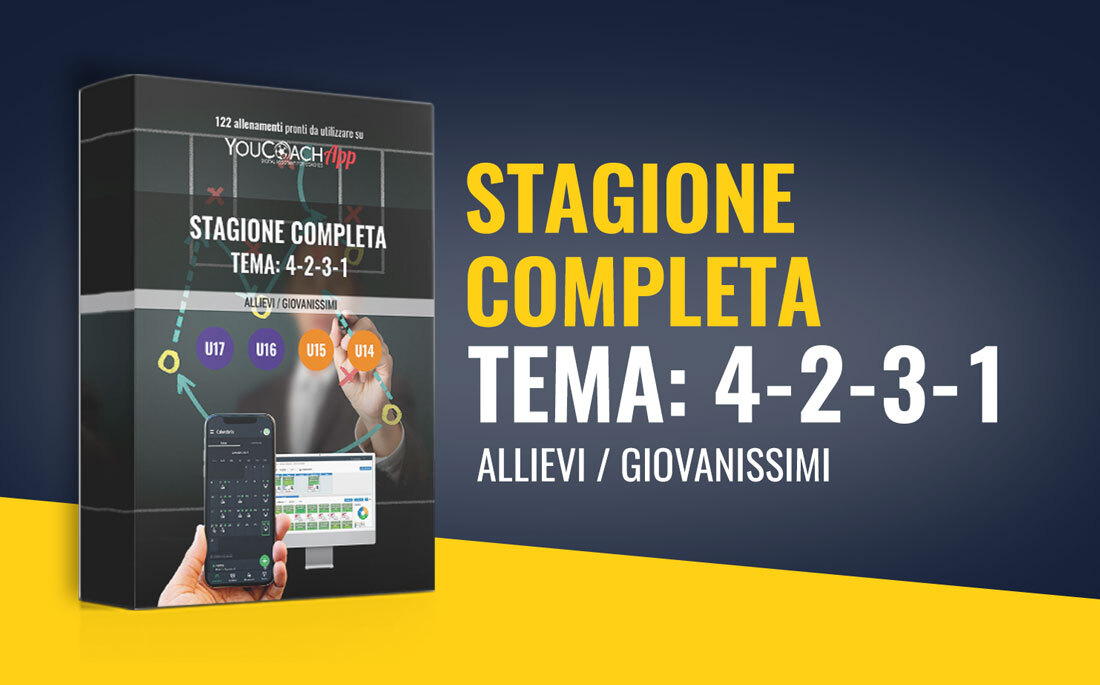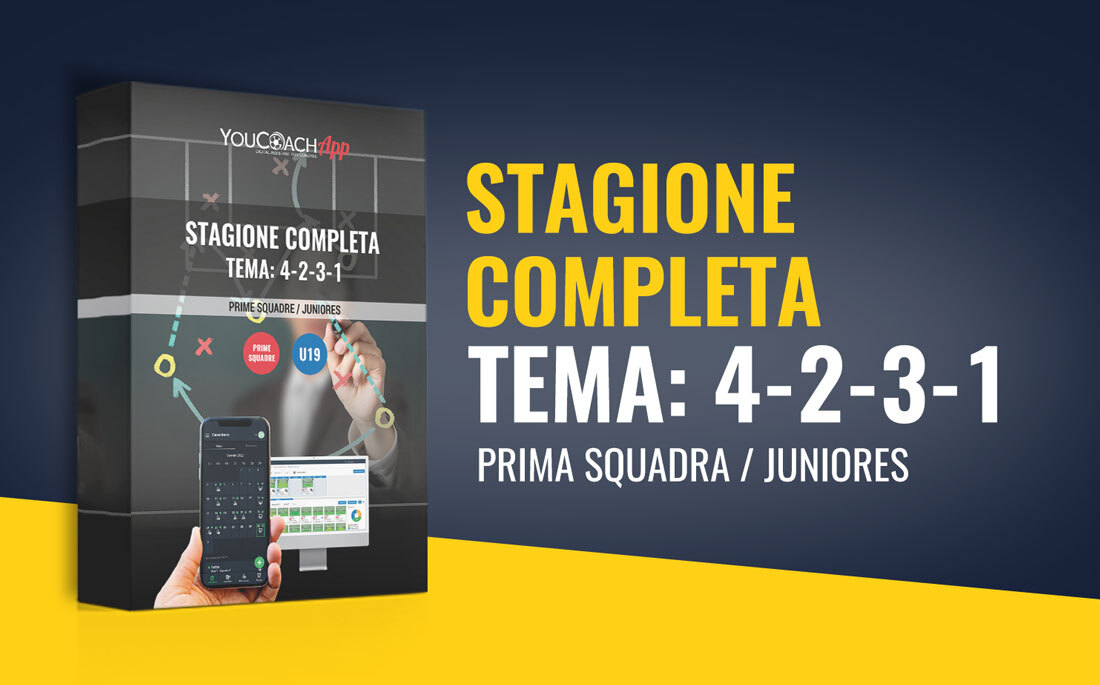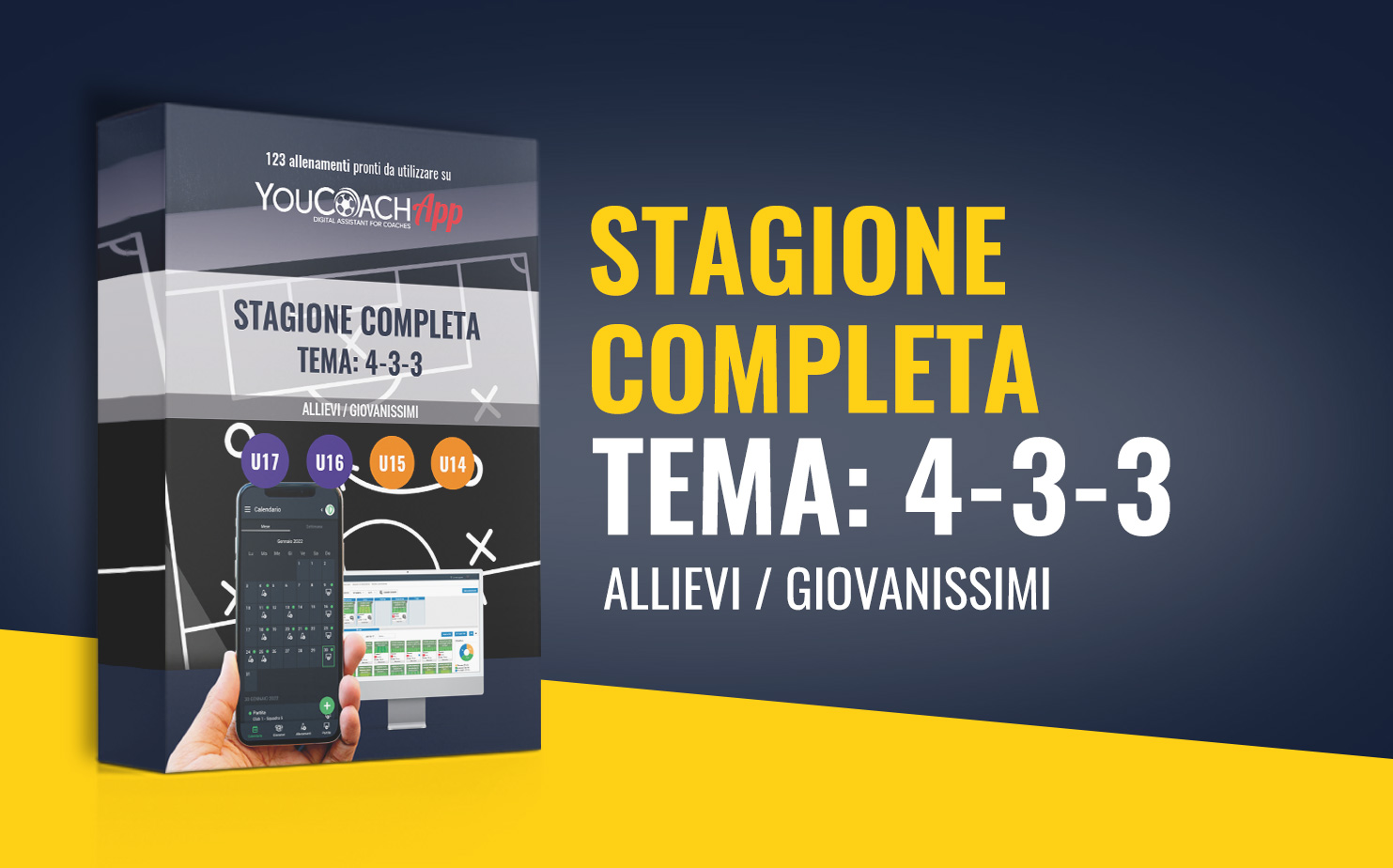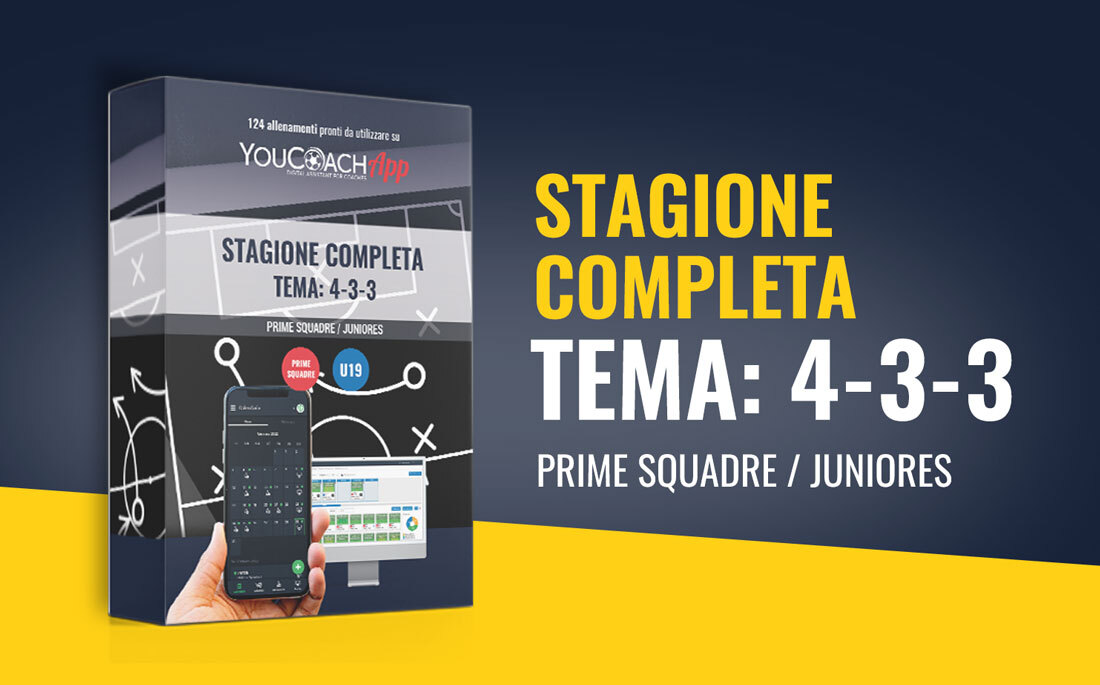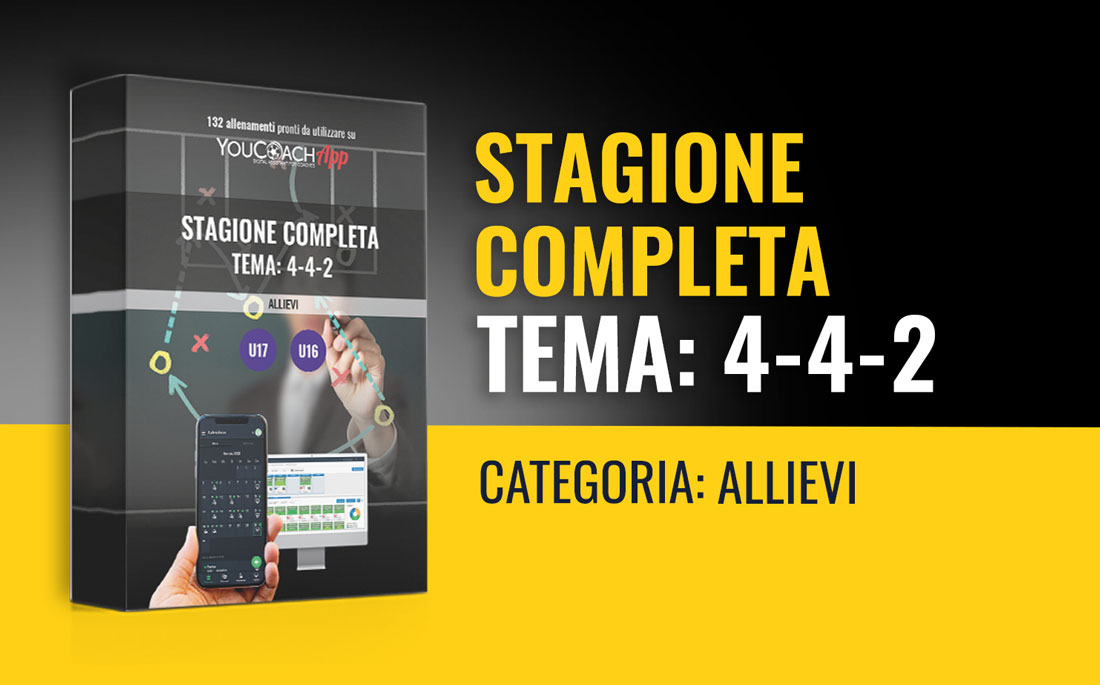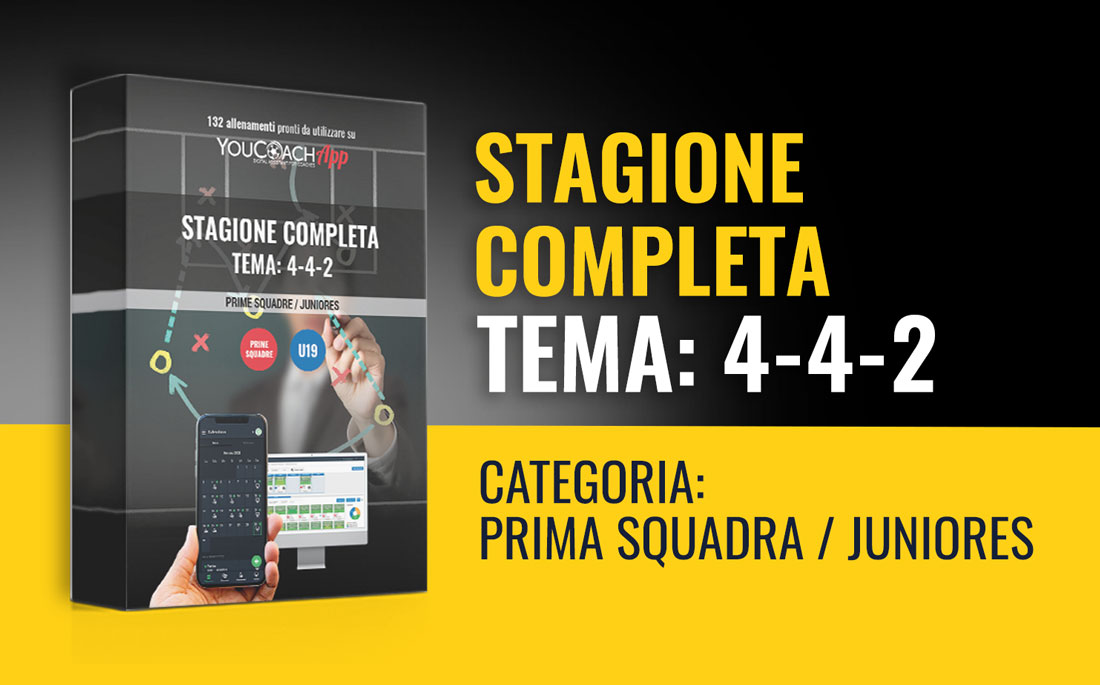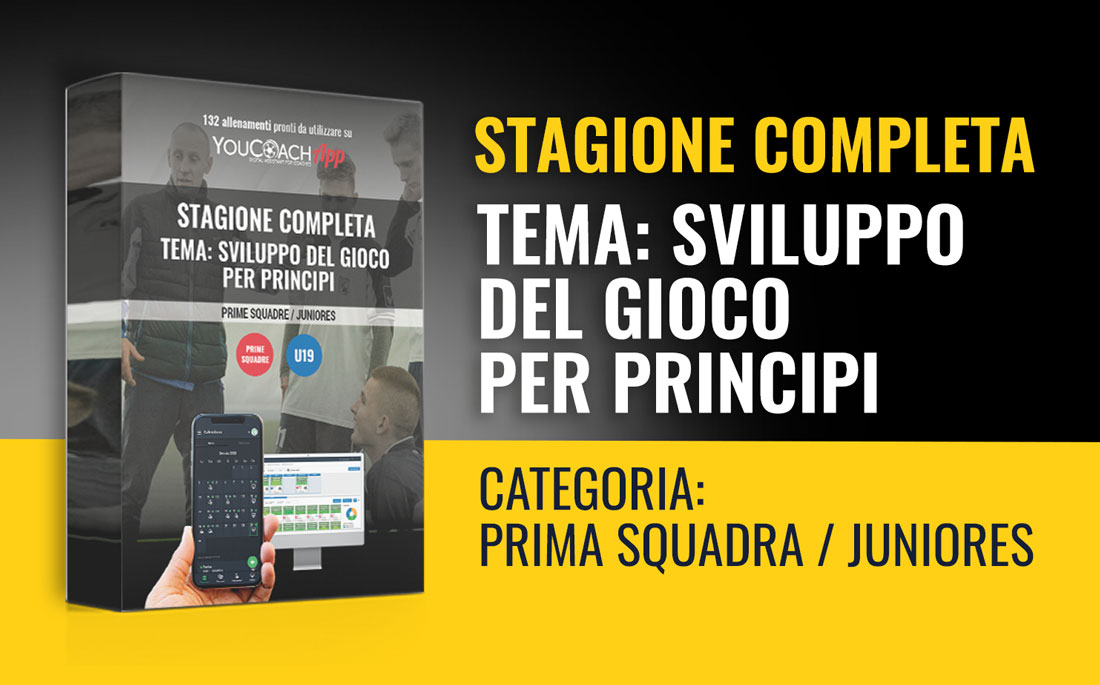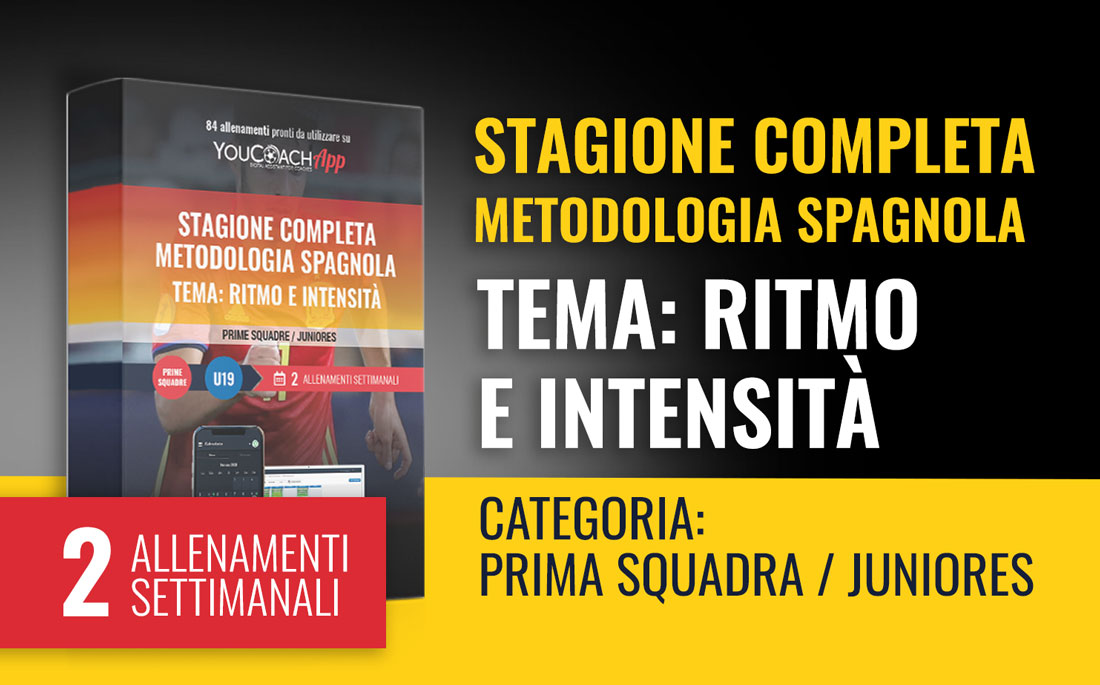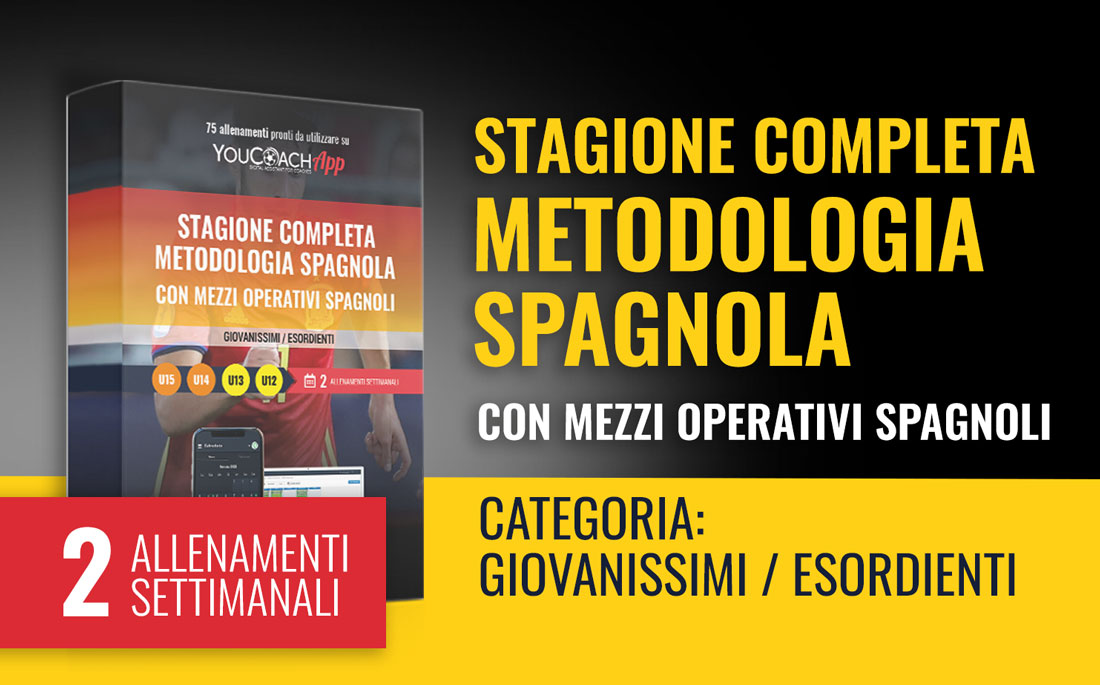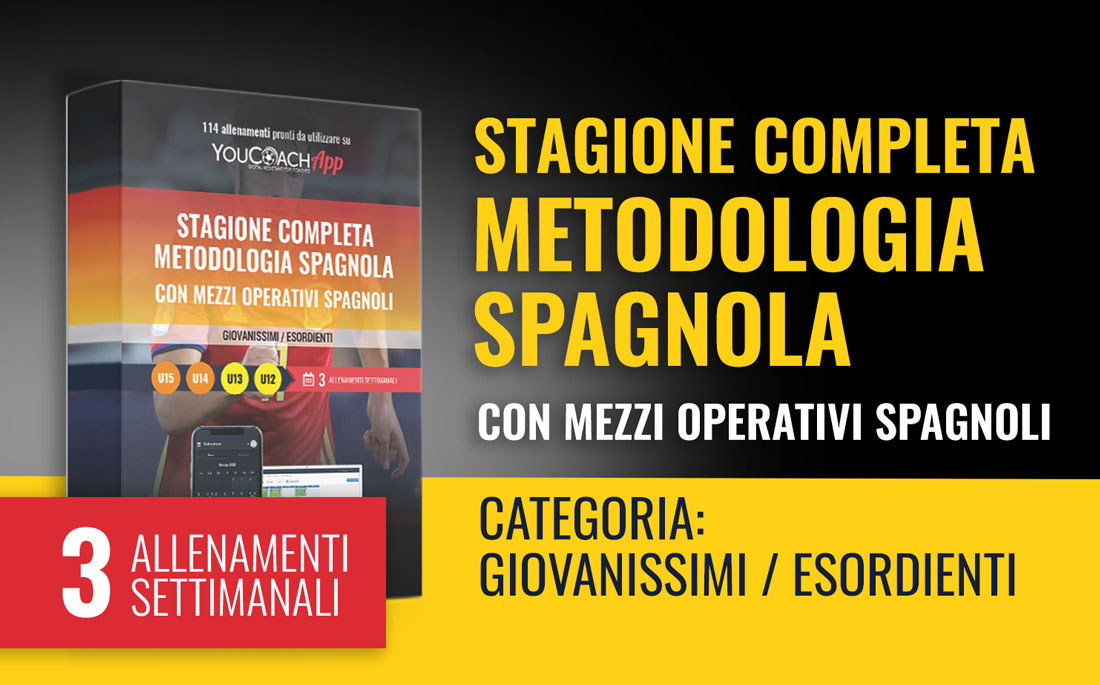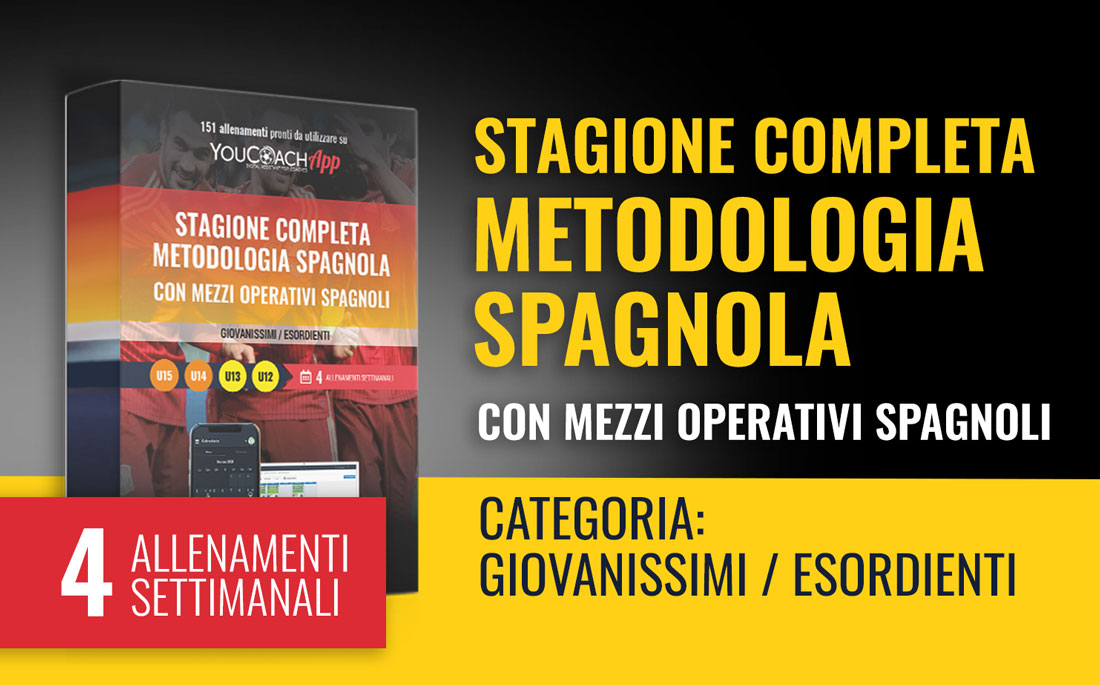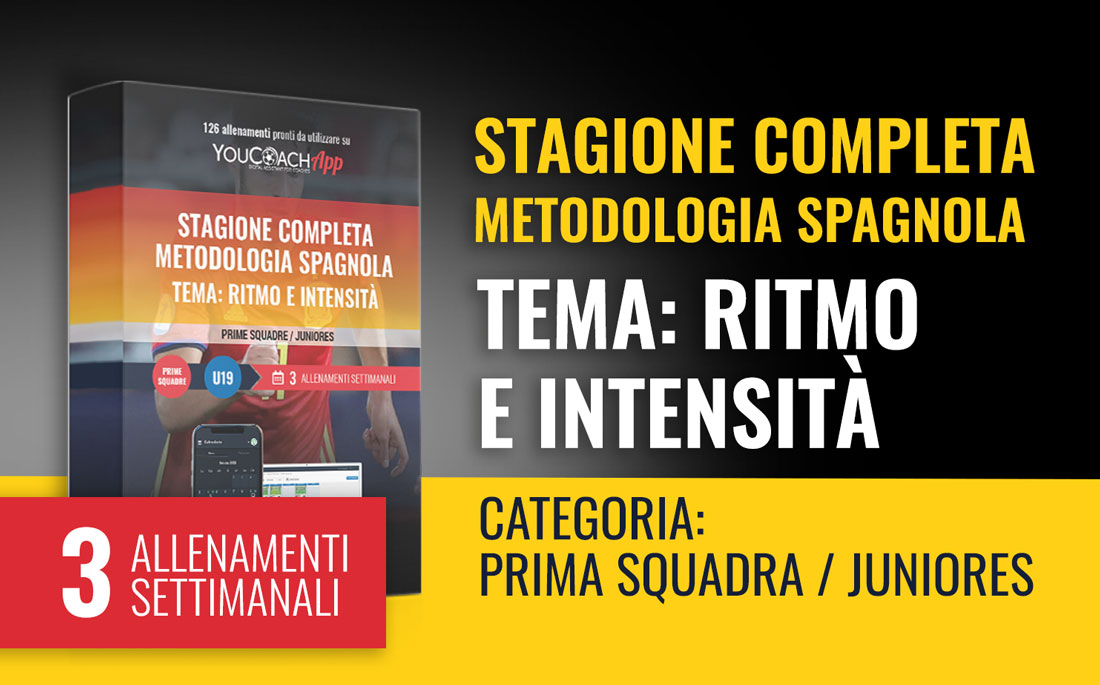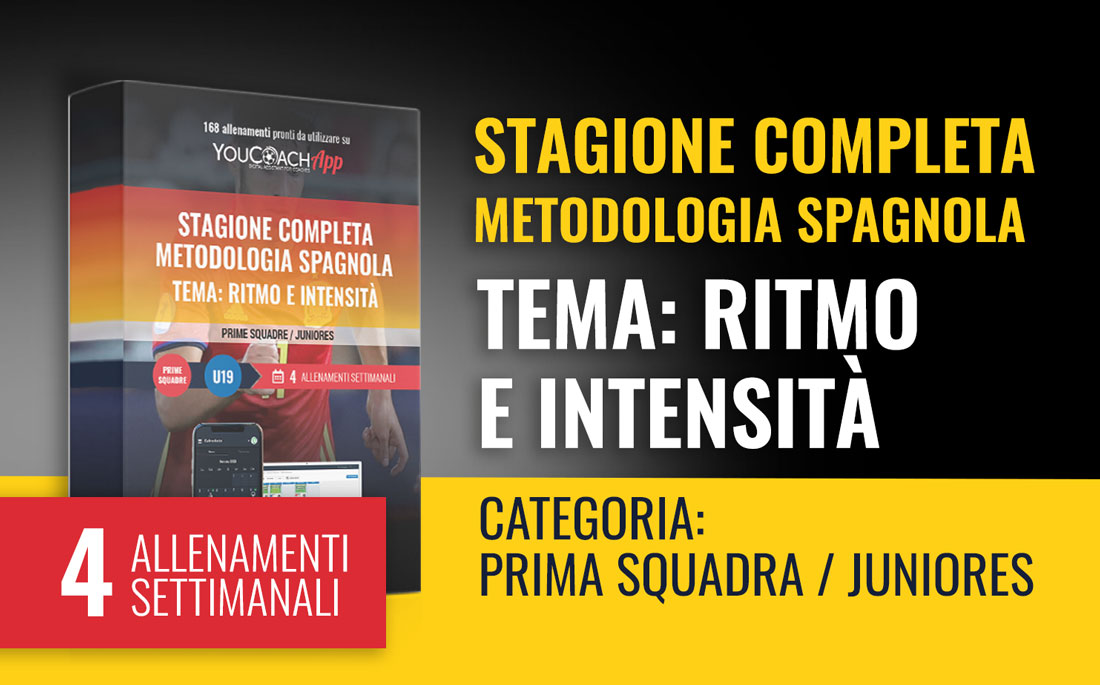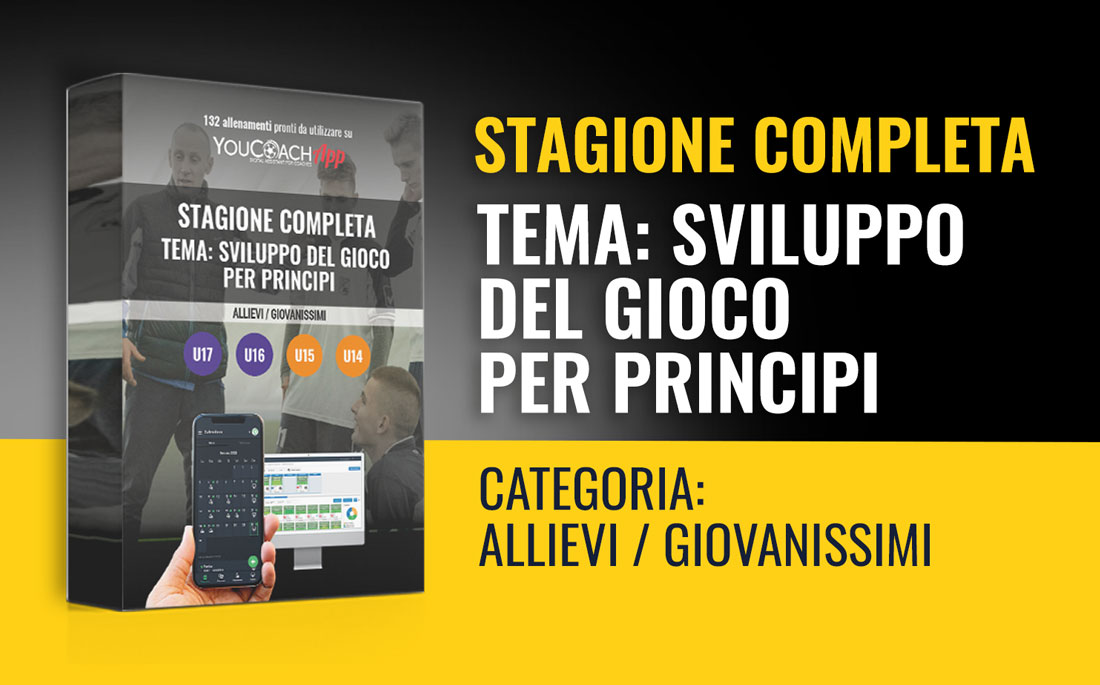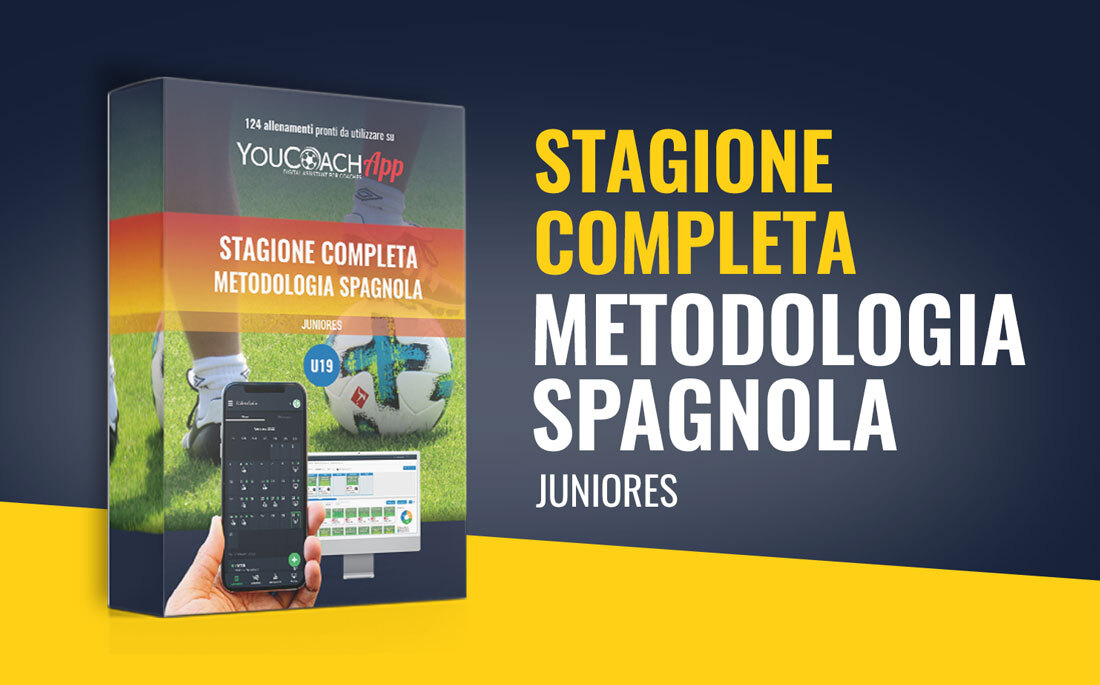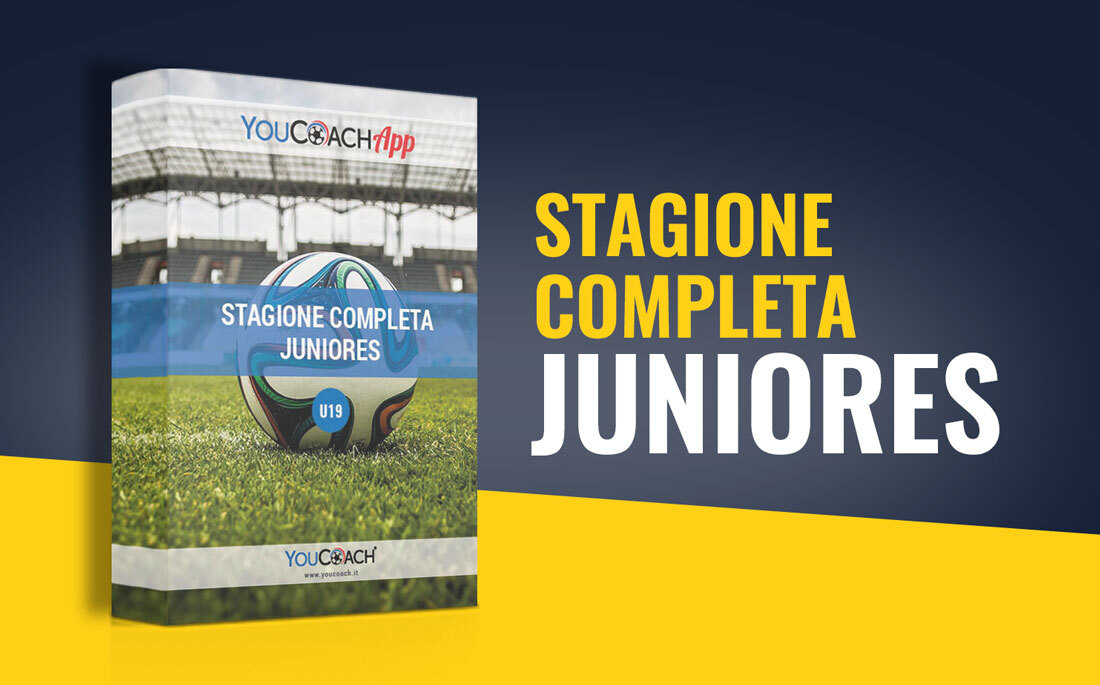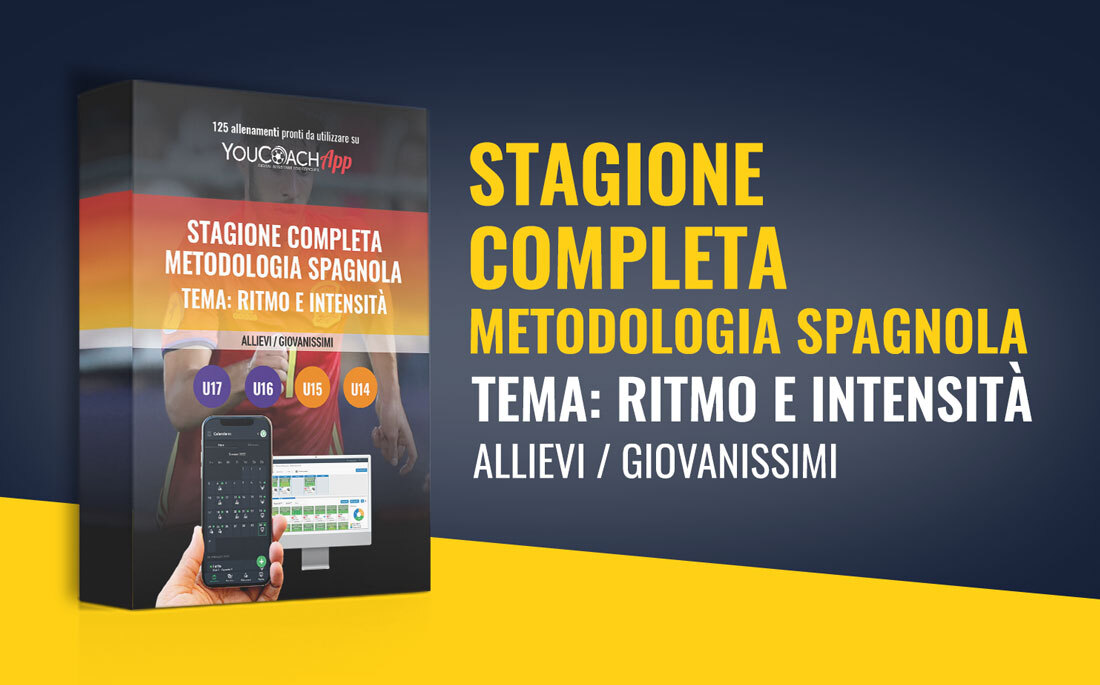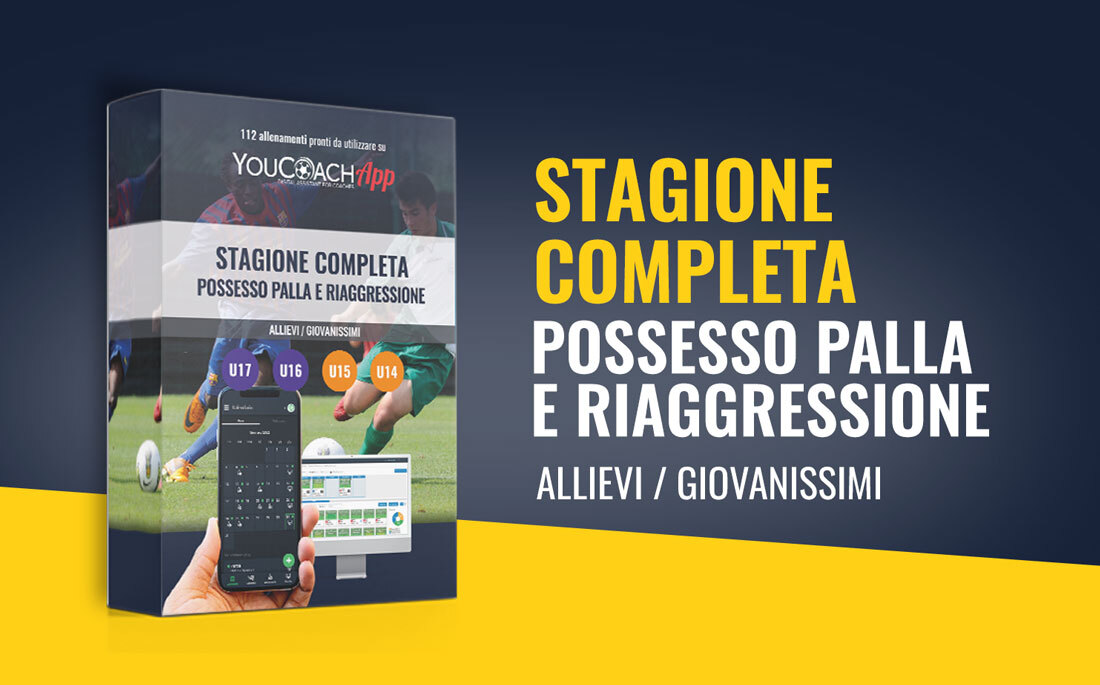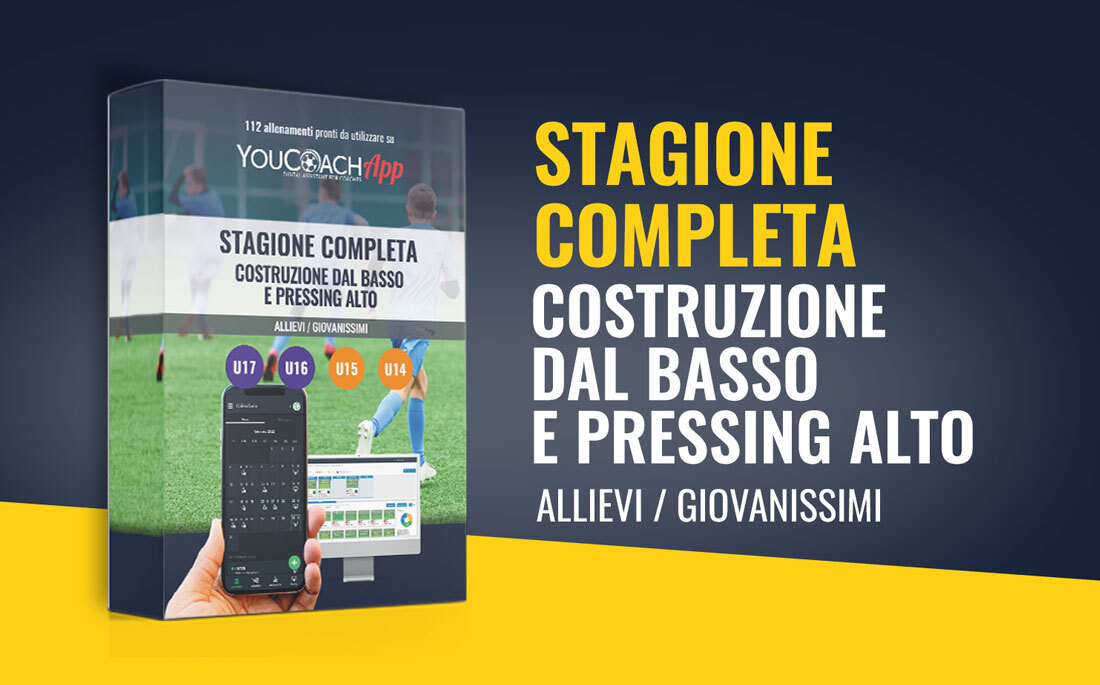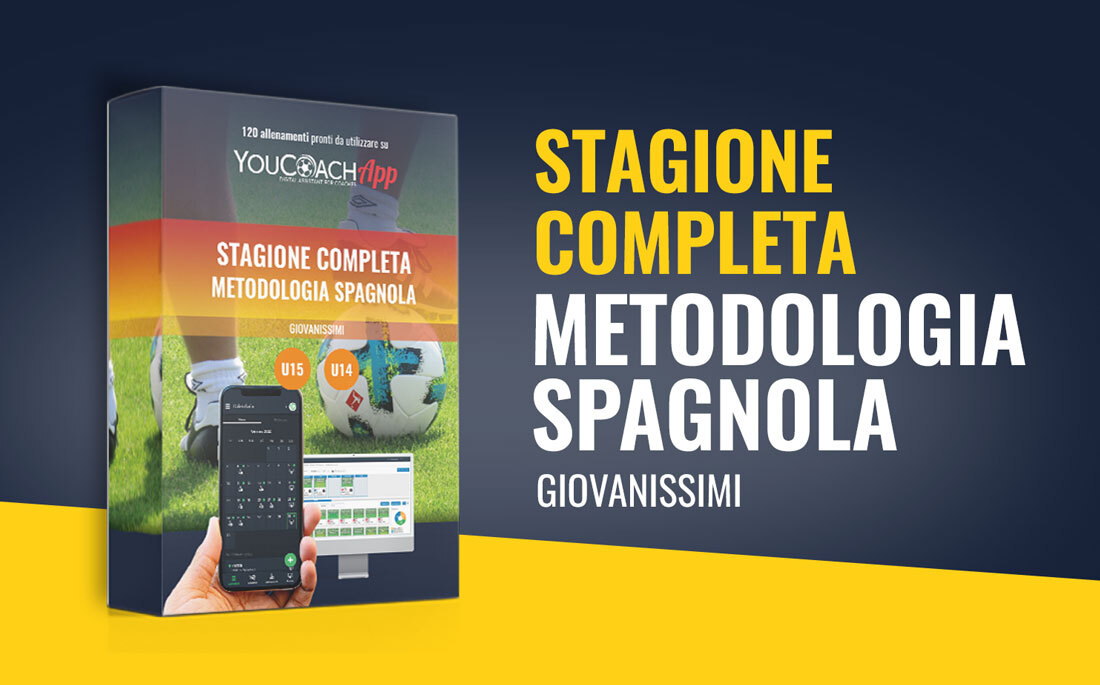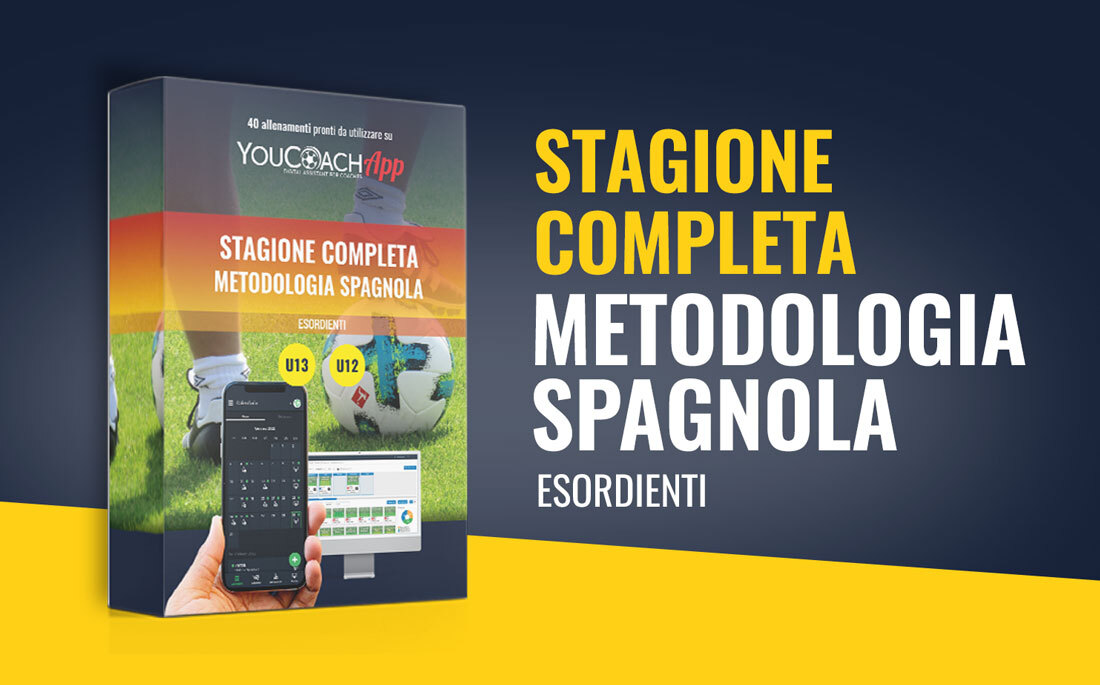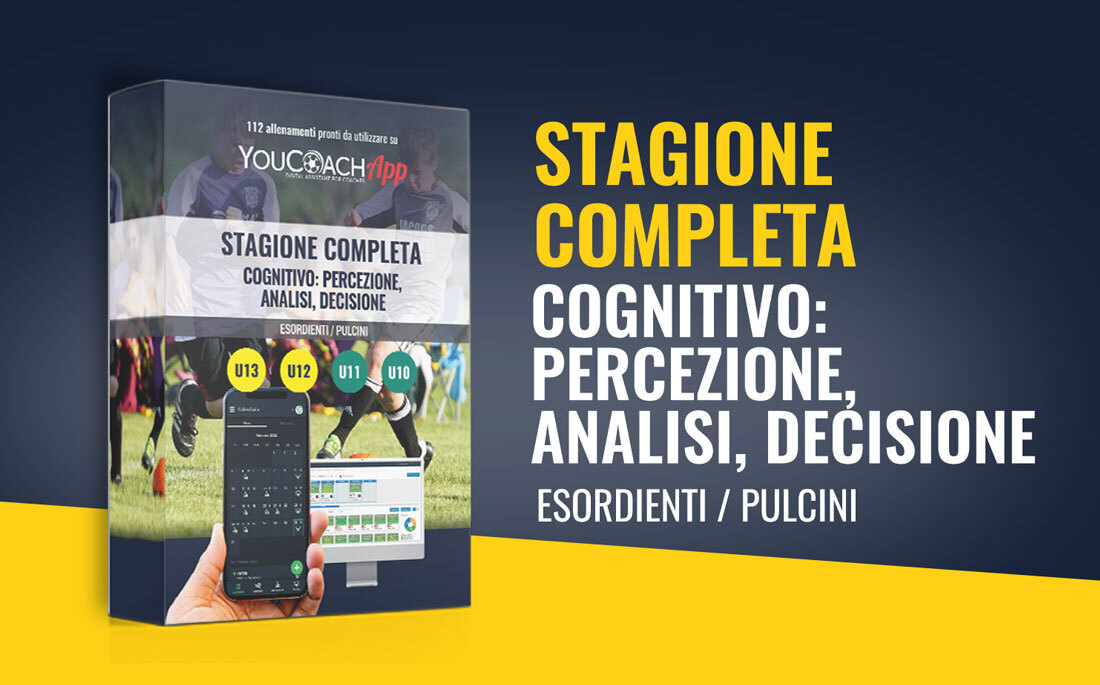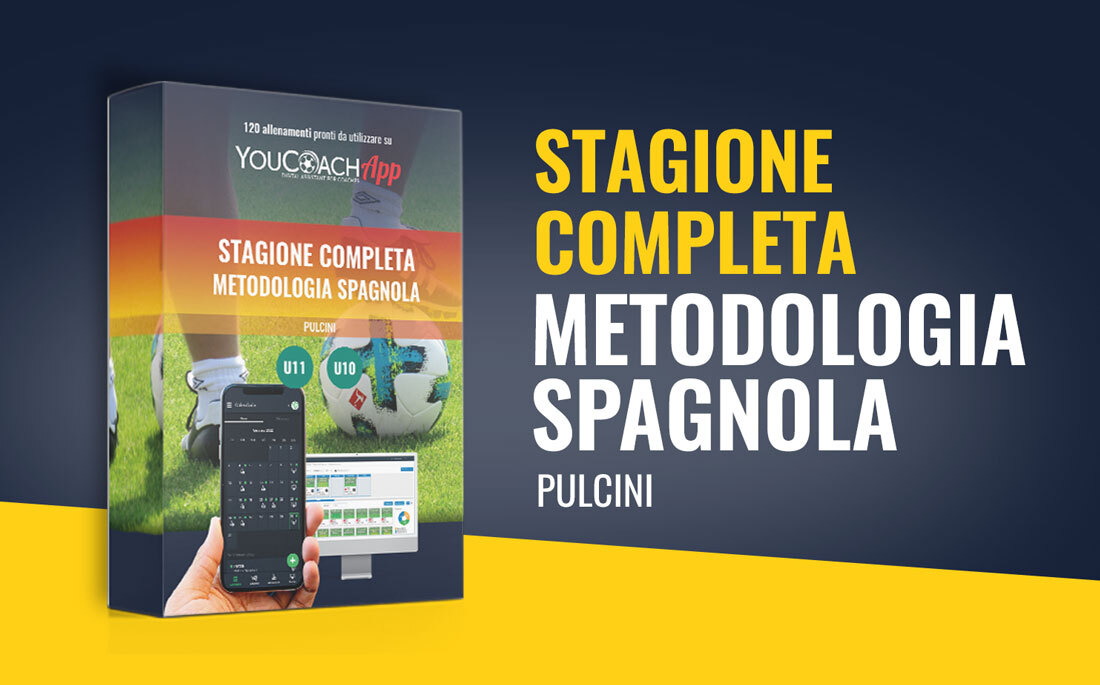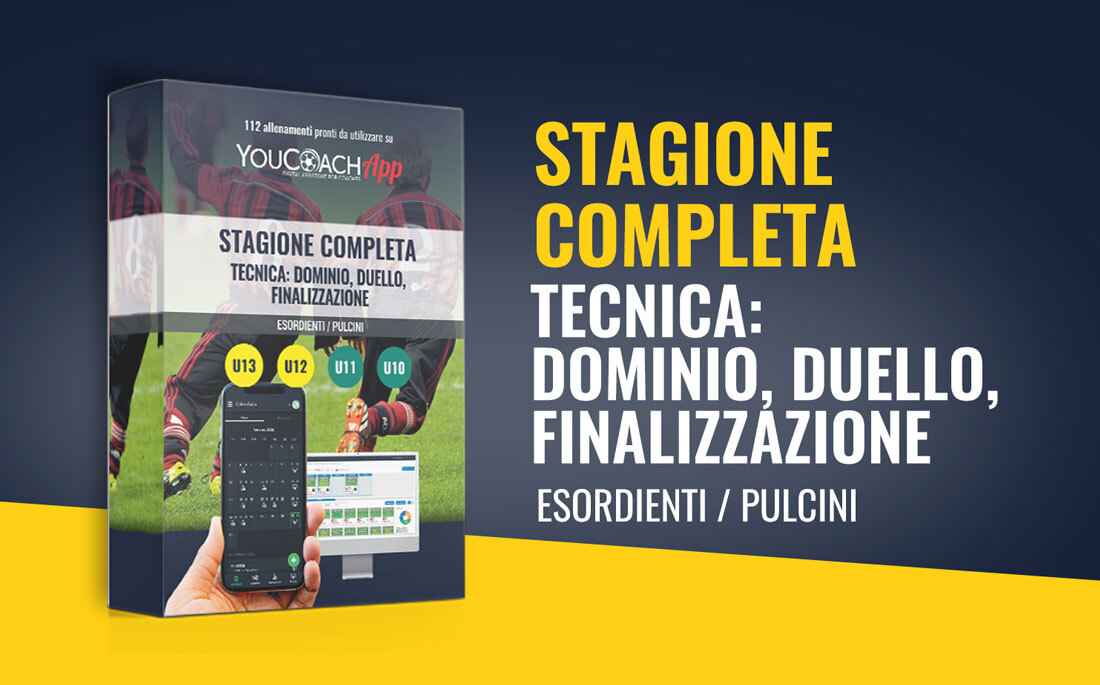Strategie nutrizionali fra il primo ed il secondo tempo
Obiettivo
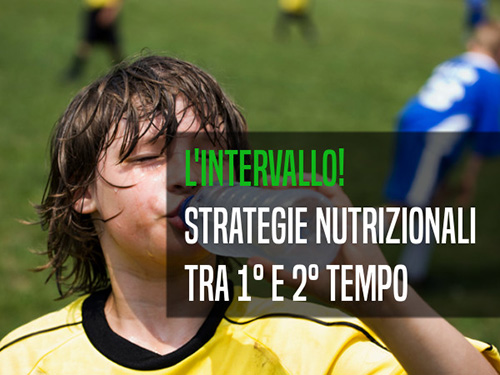
|
Quali sono gli alimenti con le migliori caratteristiche per ottenere una buona performance alla ripresa del gioco? I consigli del nutrizionista. |
 L’approccio tradizionale alla nutrizione fra il primo e secondo tempo (nella cultura dilettantistica e non) è stato per molti anni affidato ad un buon bicchiere di tè zuccherato con del limone/arancia spremuta dentro, e come tutte le strategie che permangono e superano la prova del tempo, essa ha sicuramente dei meriti. Allo stesso modo sono stati utilizzati nel corso degli anni, alimenti ricchi di carboidrati come crostate, dolci e dolciumi (fino ad arrivare ad usare perfino caramelle gommose), per il loro elevato contenuto energetico disponibile [1]. Esistono addirittura studi dove si suggerisce l’uso dei Pretzel per il loro contenuto di sodio [1].
L’approccio tradizionale alla nutrizione fra il primo e secondo tempo (nella cultura dilettantistica e non) è stato per molti anni affidato ad un buon bicchiere di tè zuccherato con del limone/arancia spremuta dentro, e come tutte le strategie che permangono e superano la prova del tempo, essa ha sicuramente dei meriti. Allo stesso modo sono stati utilizzati nel corso degli anni, alimenti ricchi di carboidrati come crostate, dolci e dolciumi (fino ad arrivare ad usare perfino caramelle gommose), per il loro elevato contenuto energetico disponibile [1]. Esistono addirittura studi dove si suggerisce l’uso dei Pretzel per il loro contenuto di sodio [1].Tuttavia questi tipi di prodotti contengono ingredienti che non sono dal tutto benefici per la performance sportive. Essi infatti contengono o possono contenere al loro interno, grassi vegetali idrogenati (trans-fat), coloranti o addittivi. Questi ingredienti sicuramente non arrecano danno in una partita singola, ma nel lungo periodo i loro effetti negati sono stati e sono tuttora sotto lo studio di vari ricercatori al fine di comprendere l’impatto nell’atleta e alla sua salute. I coloranti e gli additivi sono spesso contenuti in questo tipo di prodotti, essi sono stati associati a comportamenti aggressivi e scarsa concentrazione nei bambini in età scolare [2]
Quindi, qual è il fattore più importante da considerare quando si pianifica la nutrizione nell’intervallo di una partita? Da molti anni sono state pubblicate ricerche relative alle esigenze fisiche in sport come il calcio o altri sport di squadra, e, sullo stato nutrizionale dei partecipanti a tali attività. Il fabbisogno di “fluidi” (elettroliti) e dei carboidrati è stato ampiamente studiato attraverso simulazioni di partite ed allenamenti. Il fenomeno della fatica è stato osservato e studiato all’interno delle partite, e, si è notato, come questo accumulo di fatica, porti ad avere un declino generale delle prestazioni più ci si sposta verso la fine del match stesso. Tuttavia i fattori responsabili sottostanti a questo accumulo di fatica nel calcio non sono ancora completamente compresi [3,4]. Questo, anche per il fatto che le variabili da tenere in considerazione sono molteplici, non solamente di natura nutrizionale (idratazione ed alimentazione pre e durante la gara), bensi includono fenomeni tecnico-tattici, psicologici, e oltretutto sono fortemente influenzati dalla tipologia dell’allenamento a cui l’alteta è stato sottoposto [n.d.r.].
Ci sono stati pochi studi che hanno valutato in modo specifico gli interventi nutrizionali nella pausa di recupero, e dei relativi effetti sulla performance successiva. Tuttavia gli autori sono concordi che le concentrazioni di glicogeno muscolare si riducono, sia nelle simulazioni del match, che in partite reali [5- 6] fino ad arrivare ad un decremento che va dal 40% sino al 90% [7] A tale proposito, i giocatori sono spesso incoraggiati ad utilizzare un elevato tenore di carboidrati nel giorno della partita. Tali raccomandazioni sono relative all’ingestione di carboidrati nelle ore precendenti al match, nelle pause della partita e durante la pausa fra il primo ed il secondo tempo [8]. Utilizzare carboidrati durante la partita, viene proposto al fine di preservare il glicogeno muscolare, mantenendo il più possibile invariate le concentrazioni ematiche di glucosio [9-10]. La risposta fisiologica all’uso di carboidrati durante l’esercizio, è molto diversa, rispetto all’utilizzo degli stessi a riposo [11] come nel caso della pausa di metà partita.
In condizioni fisiologiche normali quando si ingeriscono carboidrati isolati, si ha una risposta insulinica che ha il fine di regolarizzare la glicemia.

Al contrario quando i carboidrati vengono consumati durante esercizio fisico intenso, si ha una azione iperglicemizzante da parte di ormoni contro-regolatori come le catecolamine, il cortisolo e l’ormone della crescita [11]. L’ingestione di una bevanda al 6% di saccarosio ed elettroliti (sodio, potassio, cloro ecc.) attraverso una bevanda, usata prima ( 2 ore prima dell’inizio, e 5 minuti prima dell’inizio dei due tempi), durante (ogni 15 minuti di esercizio), nel corso di simulazioni specifiche di partite di calcio, hanno dimostrato produrre una riduzione degli errori nella precisione di tiro nel post gara (simulazione di gara) [12].
Quando il glucosio nel sangue scede sotto le 3.6 mmolL-1 (glicemia 65mg/dL) [25] la disponibilità di glucosio cerebrale è compromessa, mentre le funzioni cognitive tendono ulteriormente a decrementare quando la concentrazione ematica cala ulteriormente a 3.4 mmolL-1 (glicemia 60mg/dL) [13,14], tali concentrazioni possono essere trovate anche nei calciatori [15, 16] durante le partite. Visto quindi che la performance fisica e mentale sembra essere influenzata anche dalle concentrazioni ematiche di glucosio, le strategie che fanno mantenere una glicemia stabile possono rappresentare un opportunità per mantenere al massimo la prestatività del calciatore.
Negli studi che hanno utilizzato dei protocolli di esercizio continuo, i ricercatori si sono concentrati come priorità sull’assorbimento d'acqua. Gli effetti negativi osservati sullo svuotamento gastrico e l'assorbimento intestinale hanno portato a formulare varie raccomandazioni; in particolare l’uso di bevande che contengono tra il 5 e l'8% di carboidrati durante l'attività fisica [17,18,19]. Tuttavia, per quanto riguarda gli esercizi intermittenti, esistono attualmente dati limitati sugli effetti della supplementazione di carboidrati (trattando soluzioni al 9%). In particolare, l'ingestione di una soluzione di glucosio al 20%, è stata segnalata migliorare la capacità di sprint dopo 90 min di ciclismo intermittente [20].
La somministrazione di una bevanda di carboidrati-elettroliti al 9,6%, consumata prima, e durante (anche a metà tempo) una partita di calcio simulato [24], in calciatori non professionisti, ha portato ad avere concentrazioni elevate di glucosio nel sangue anche oltre i 75 min di gara, rispetto ad un placebo ricco di elettroliti. Il dosaggio pre-esercizio di carboidrati sembra suscitare risposte glicemiche simili [17, 21], ed il rebound ipoglicemico sembra decadere nelle fasi iniziali di esercizio, quando i carboidrati ad alto indice glicemico sono consumati [20, 22], è plausibile che l’uso di carboidrati supplementari al primo tempo può permettere effetti ergogenici nelle ultime fasi di una partita; tuttavia, questo resta ancora da confermare in modo chiaro.
 È ben noto che l'esercizio fisico ad alta intensità può provocare una risposta di iperglicemica. L’attività fisica crea un rilascio di catecolamine che inibisce l'attività delle cellule B pancreatiche [23]. È quindi plausibile che una combinazione di, alta intensità di esercizio eseguito nella pausa di metà gara, nonché simultanea ingestione di carboidrati, potrebbe mantenere stabile ed elevata la glicemia nel sangue nel successivo secondo tempo. A sostegno di questo, Achten et al. [17] ha osservato che l'ingestione di 600 ml di una bevanda con maltodestrine, consumato nel corso di un ciclo di 25 minuti di warm-up comprendente sprint e fasi di attacco, ha aumentato le concentrazioni delle catecolamine, smussato la risposta insulinica, ed ha inoltre ha elevato le concentrazioni di glucosio nel sangue. Creare quindi nel periodo di pausa tra il primo ed il secondo tempo un re-warm-up, che comprenda una fase ad alta intensità, combinata con l'ingestione di carboidrati, potrebbe risultare vantaggioso. Tuttavia, protocolli di questo tipo non sono ancora studiati.
È ben noto che l'esercizio fisico ad alta intensità può provocare una risposta di iperglicemica. L’attività fisica crea un rilascio di catecolamine che inibisce l'attività delle cellule B pancreatiche [23]. È quindi plausibile che una combinazione di, alta intensità di esercizio eseguito nella pausa di metà gara, nonché simultanea ingestione di carboidrati, potrebbe mantenere stabile ed elevata la glicemia nel sangue nel successivo secondo tempo. A sostegno di questo, Achten et al. [17] ha osservato che l'ingestione di 600 ml di una bevanda con maltodestrine, consumato nel corso di un ciclo di 25 minuti di warm-up comprendente sprint e fasi di attacco, ha aumentato le concentrazioni delle catecolamine, smussato la risposta insulinica, ed ha inoltre ha elevato le concentrazioni di glucosio nel sangue. Creare quindi nel periodo di pausa tra il primo ed il secondo tempo un re-warm-up, che comprenda una fase ad alta intensità, combinata con l'ingestione di carboidrati, potrebbe risultare vantaggioso. Tuttavia, protocolli di questo tipo non sono ancora studiati.Gli elettroliti in particolare possono prevenire l’insorgenza della fatica e dei crampi muscolari nel secondo tempo. Uno dei più importanti elettroliti è il sodio, e la ricerca ha dimostrato che esistono variazioni notevoli di sodio perso con il sudore. Perdite che vanno dal 1gr fino ad oltre 6gr in 90 minuti. Partendo dal presupposto che i giocatori iniziano la partita con livelli di sodio normali o elevati, fa si che essi non rischiano una prestazione scadente, causata da una condizione sodio-dipendente. Il ruolo principale del sodio, usato nei supplementi, è quello di favorire l’utilizzo dei liquidi, in situazioni in cui vengono utilizzati elevati volumi di bevanda, come nelle pause di gara. Gli studi sullo svuotamento gastrico hanno dimostrato che, fasi ad elevata intensità nei match competitivi possono creare uno stress fisico tale da ritardare lo svuotamento gastrico e, potrebbero addirittura ridurre l'efficacia di bevande contenenti carboidrati usate per la supplementazione gara, sia nell’immediato pre che durante le partite [24].
La scelta, come si può intuire deve essere “individualizzata”, perchè, prima di tutto bisogna capire come si gestisce il giocatore (tollera bevande, cibi solidi, sport-gel ecc.), per favorire la compliance durante la pausa di gara.
Usare quindi alimenti che contengano le seguenti caratteristiche:
- carboidrati in concentrazioni minime dell’8% fino ad un massimo del 20%
- provenienti da fonti rapidamente assimilabili. La scelta liquida quindi risulta la più semplice ed efficace
- Contenere elettroliti. I sali minerali solitamente sono contenuti in modo equilibrato negli sport drink, mentre possono essere scarsamente contenuti negli sport-gel, nelle maltodestrine possono alle volte essere assenti ecc.
Alcuni esempi:
- bevande (succo di frutta-sport drink-maltodestrine ecc)
- sport-gel ad elevato tenore di carboidrati
- crostate
Nel caso non si utilizzino integratori con elettroliti in polvere da sciogliere in acqua, è preferibile usare delle acque ad elevato residuo fisso.
In ultima, ma più importante di tutte, è idratarsi, quindi utilizzare liquidi al fine di ripristinare le scorte idriche del corpo. Questa deve essere iniziata anche solamente con acqua molto prima di iniziare la partita e mantenuta il più possibile durante la partita, e non solamente nella pausa fra il primo ed il secondo tempo.
Bibliografia
- Int J Sports Med 2005 Mar; 26(2):90-95
- Arch Dis Child 2004; 89:506-511
- J Sports Sci. 2006 Jul;24(7):665-74. Physical and metabolic demands of training and match-play in the elite football player. Bangsbo J1, Mohr M, Krustrup P.
- Sports Med. 2005;35(6):501-36. Physiology of soccer: an update. Stølen T1, Chamari K, Castagna C, Wisløff U.
- Bendiksen M, Bischoff R, Randers MB, et al. The Copenhagen Soccer Test: physiological response and fatigue development. Med Sci Sports Exerc. 2012;44(8):1595–603.
- Krustrup P, Mohr M, Steensberg A, et al. Muscle and blood metabolites during a soccer game: implications for sprint performance. Med Sci Sports Exerc. 2006;38(6):1165–74.
- Bangsbo J, Iaia FM, Krustrup P. Metabolic response and fatigue in soccer. Int J Sports Physiol Perform. 2007;2(2):111–27.
- Williams C, Serratosa L. Nutrition on match day. J Sports Sci. 2006;24(7):687–97.
- Convertino VA, Armstrong LE, Coyle EF, et al. American College of Sports Medicine position stand. Exercise and fluid replacement. Med Sci Sports Exerc. 1996;28(1):1–7.
- Coyle EF, Montain SJ. Carbohydrate and fluid ingestion during exercise: are there trade-offs? Med Sci Sports Exerc. 1992;24(6): 671–8.
- Astrand P-O, Rodahl K. Textbook of work physiology: physiological bases of exercise. New York: McGraw-Hill; 1986.
- Russell M, Benton D, Kingsley M. Influence of carbohydrate supplementation on skill performance during a soccer match simulation. J Sci Med Sport. 2012;15(4):348–54. doi:10.1016/j.jsams.2011.12.006.
- Stevens AB, McKane WR, Bell PM, et al. Psychomotor performance and counterregulatory responses during mild hypoglycemia in healthy volunteers. Diabetes Care. 1989;12(1):12–7.
- Holmes CS, Koepke KM, Thompson RG, et al. Verbal fluency and naming performance in type I diabetes at different blood glucose concentrations. Diabetes Care. 1984;7(5):454–9.
- Russell M, Benton D, Kingsley M. Carbohydrate ingestion before and during soccer match play and blood glucose and lactate concentrations. J Athl Train. 2014;49(4):447–53.
- Ekblom B. Applied physiology of soccer. Sports Med. 1986;3(1):50–60.
- Achten J, Jentjens RL, Brouns F, et al. Exogenous oxidation of isomaltulose is lower than that of sucrose during exercise in men. J Nutr. 2007;137(5):1143–8.
- Schedl HP, Maughan RJ, Gisolfi CV. Intestinal absorption during rest and exercise: implications for formulating an oral rehydration solution (ORS). Proceedings of a roundtable discussion. April 21–22, 1993. Med Sci Sports Exerc. 1994;26(3):267–80.
- Skinner TL, Jenkins DG, Folling J, et al. Influence of carbohydrate on serum caffeine concentrations following caffeine ingestion. J Sci Med Sport. 2013;16(4):343–7. doi:10.1016/j. jsams.2012.08.004.
- Sugiura K, Kobayashi K. Effect of carbohydrate ingestion on sprint performance following continuous and intermittent exercise. Med Sci Sports Exerc. 1998;30(11):1624–30.
- Short KR, Sheffield-Moore M, Costill DL. Glycemic and insulinemic responses to multiple preexercise carbohydrate feedings.Int J Sport Nutr. 1997;7(2):128–37.
- Moseley L, Lancaster GI, Jeukendrup AE. Effects of timing of pre-exercise ingestion of carbohydrate on subsequent metabolism and cycling performance. Eur J Appl Physiol. 2003;88(4–5): 453–8. doi:10.1007/s00421-002-0728-8.
- Galbo H, Christensen NJ, Holst JJ. Catecholamines and pancreatic hormones during autonomic blockade in exercising man. Acta Physiol Scand. 1977;101(4):428–37.
- Kingsley M, Penas-Ruiz C, Terry C, et al. Effects of carbohydrate-hydration strategies on glucose metabolism, sprint performance and hydration during a soccer match simulation in recreational players. J Sci Med Sport. 2014;17(2):239–43.
- Boyle PJ, Nagy RJ, O’Connor AM, et al. Adaptation in brain glucose uptake following recurrent hypoglycemia. Proc Natl Acad Sci U S A. 1994;91(20):9352–6.



